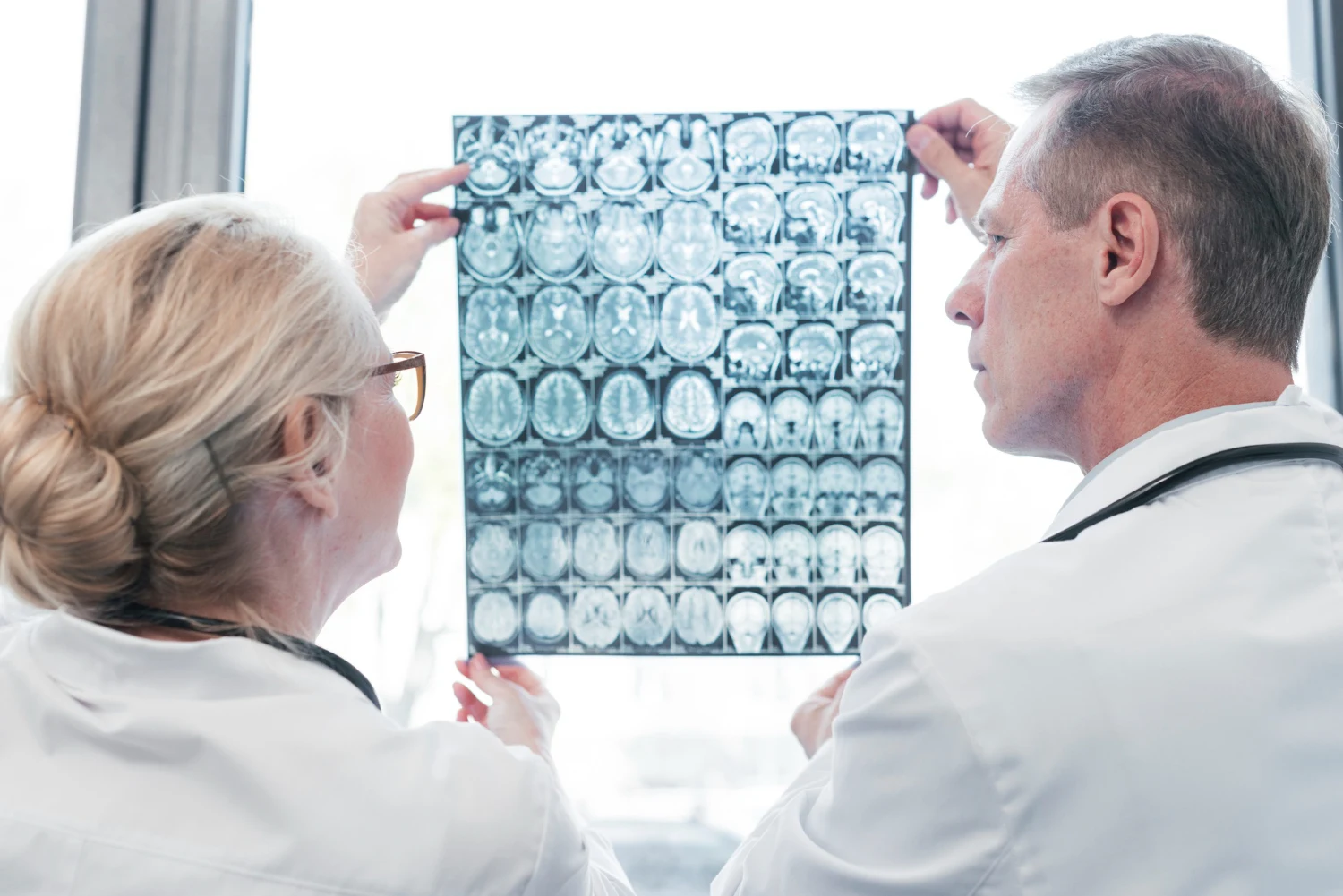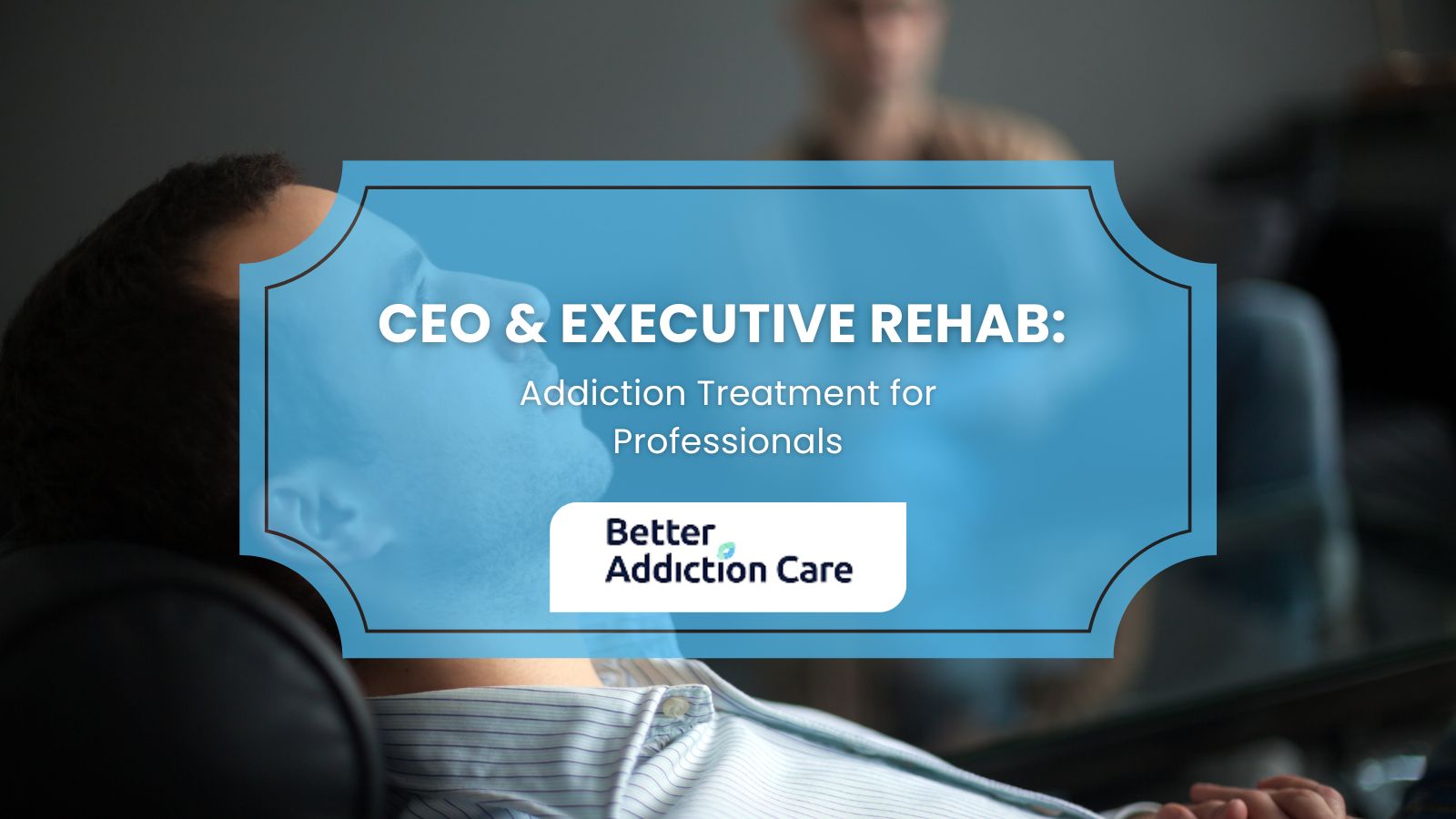193 Best Alcohol and Drug Rehabs in Missouri 2025
Missouri has 193+ drug rehab centers dedicated to helping individuals overcome addiction and reclaim their lives. Our directory provides a curated list of inpatient and outpatient facilities, detox centers, and medication-assisted treatment (MAT) programs to meet diverse recovery needs.
Find and compare treatment options, locations, and specialized services to choose the right path for you or your loved one. Whether you’re seeking medical detox, therapy-based programs, or long-term recovery solutions, this resource connects you with trusted providers in Missouri.
Browse the listings below to explore accredited addiction treatment centers near you and take the first step toward lasting recovery.
193 Treatment Centers in Missouri, US

7.23
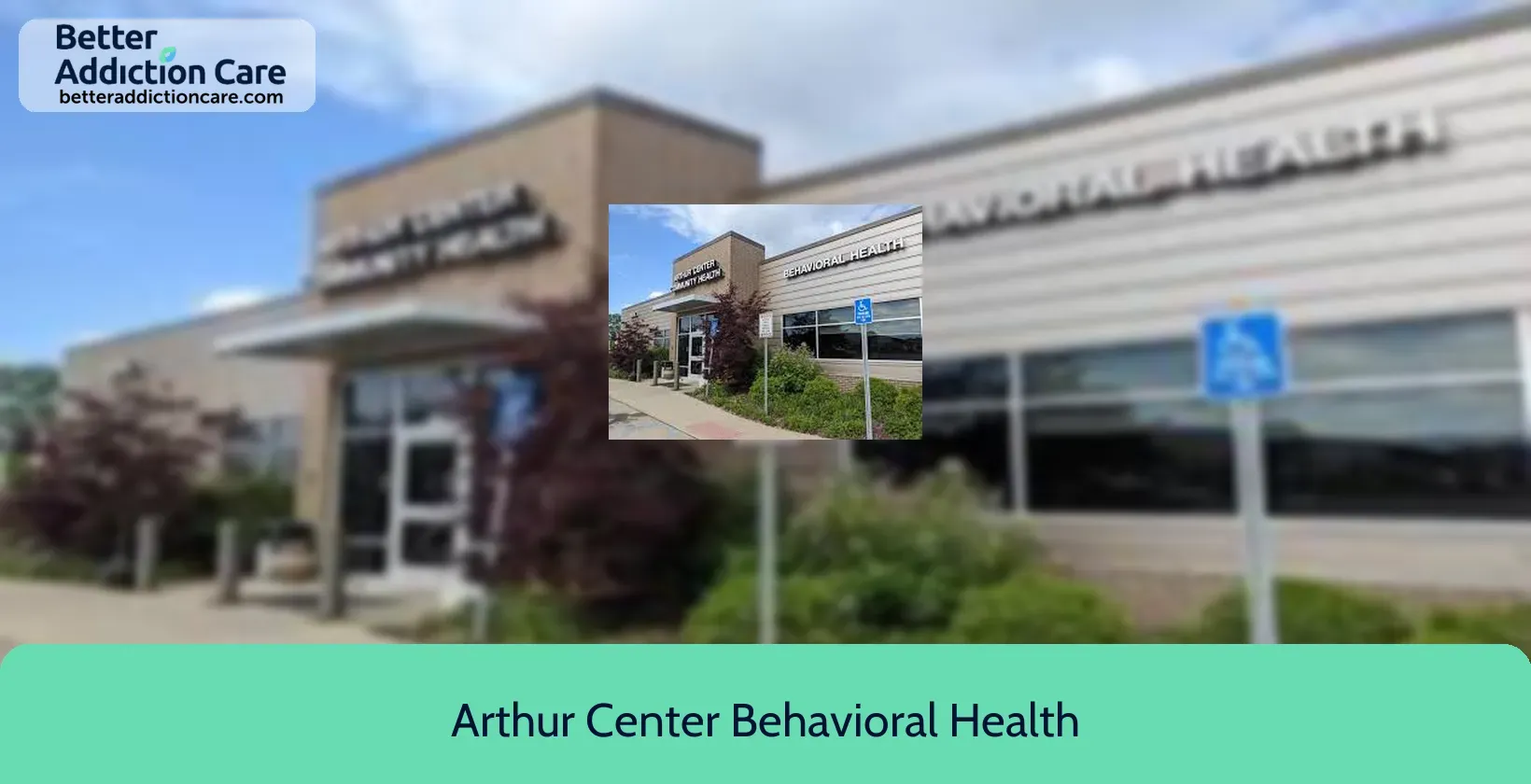
7.59

7.09
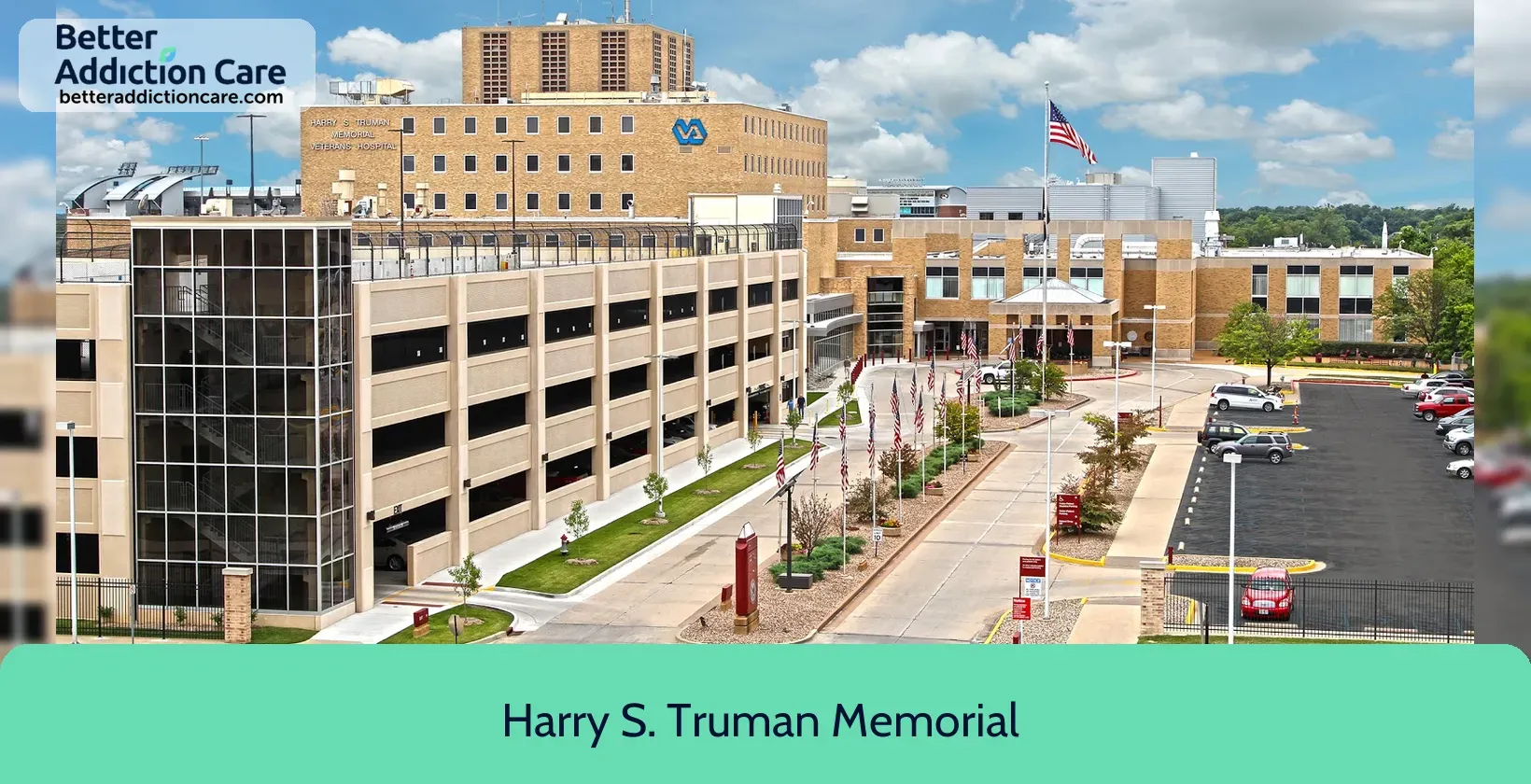
7.68
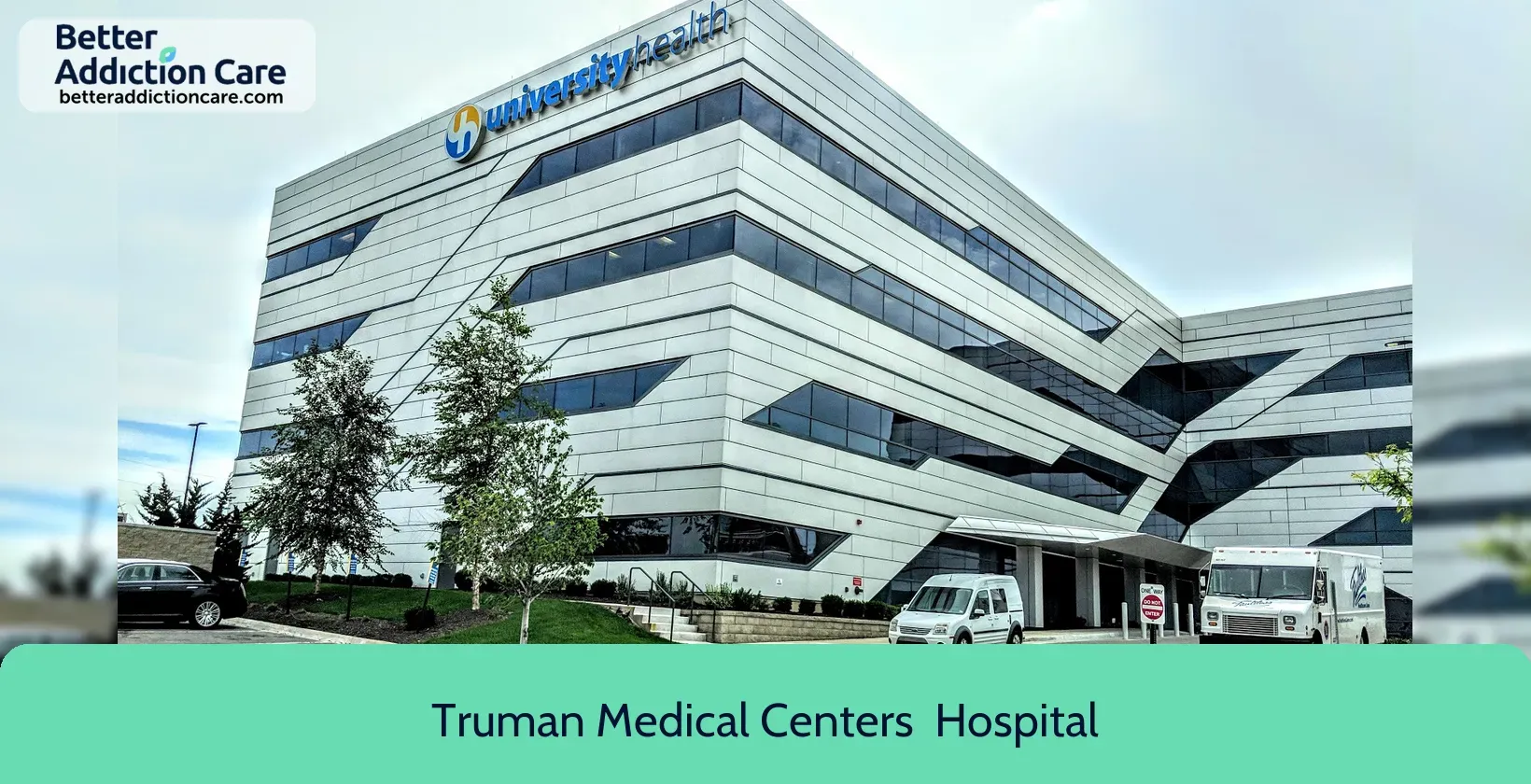
7.23
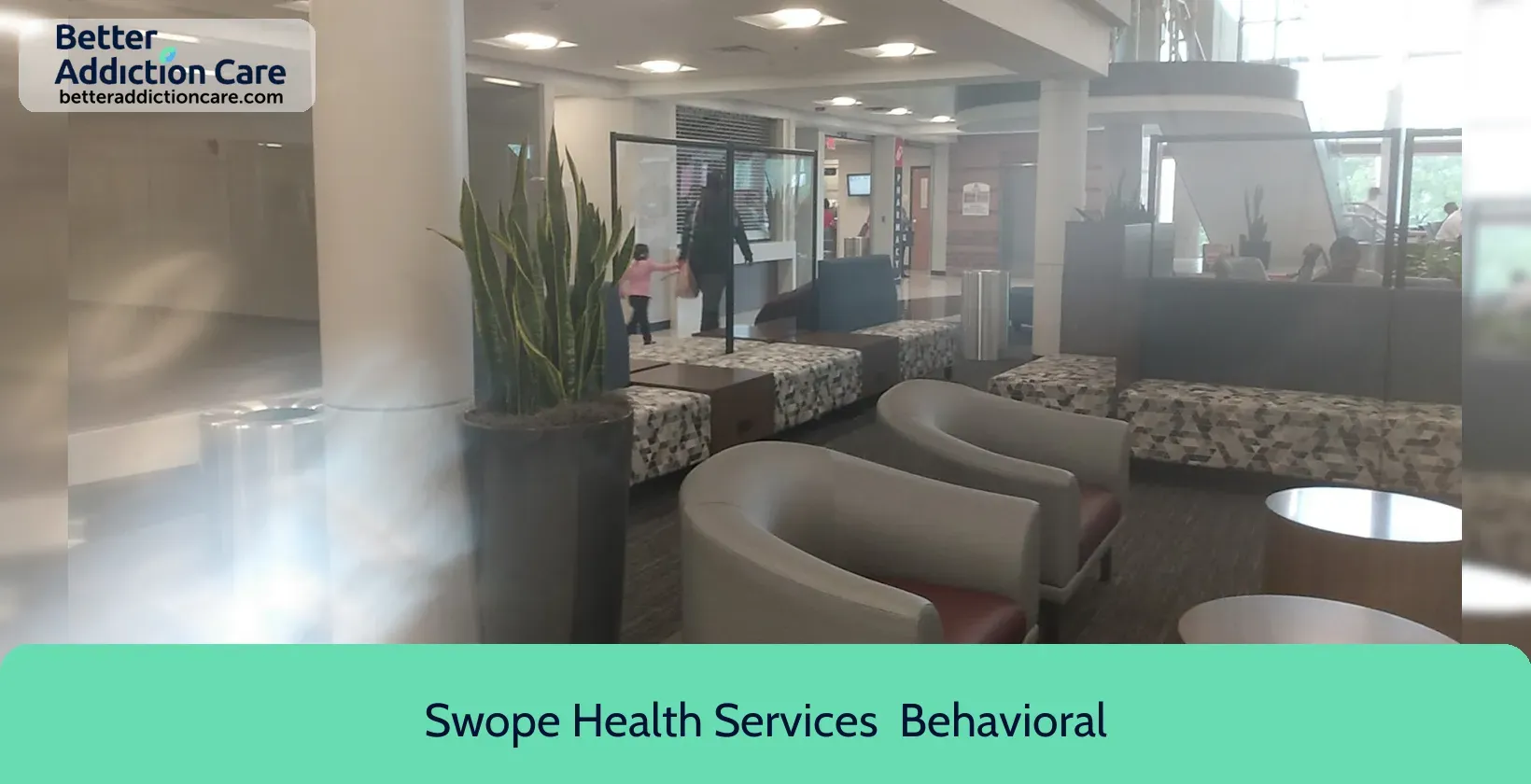
7.72
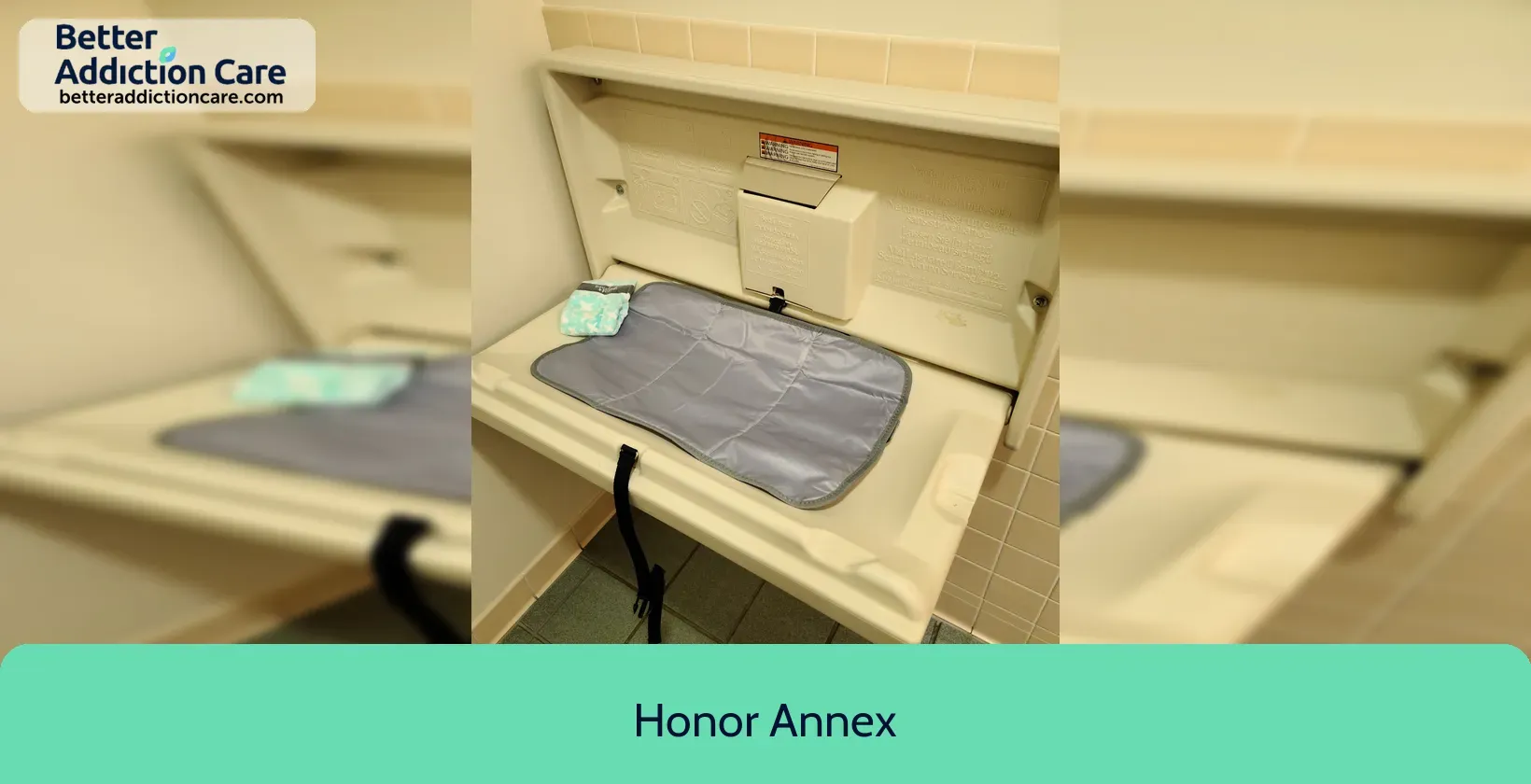
8.39
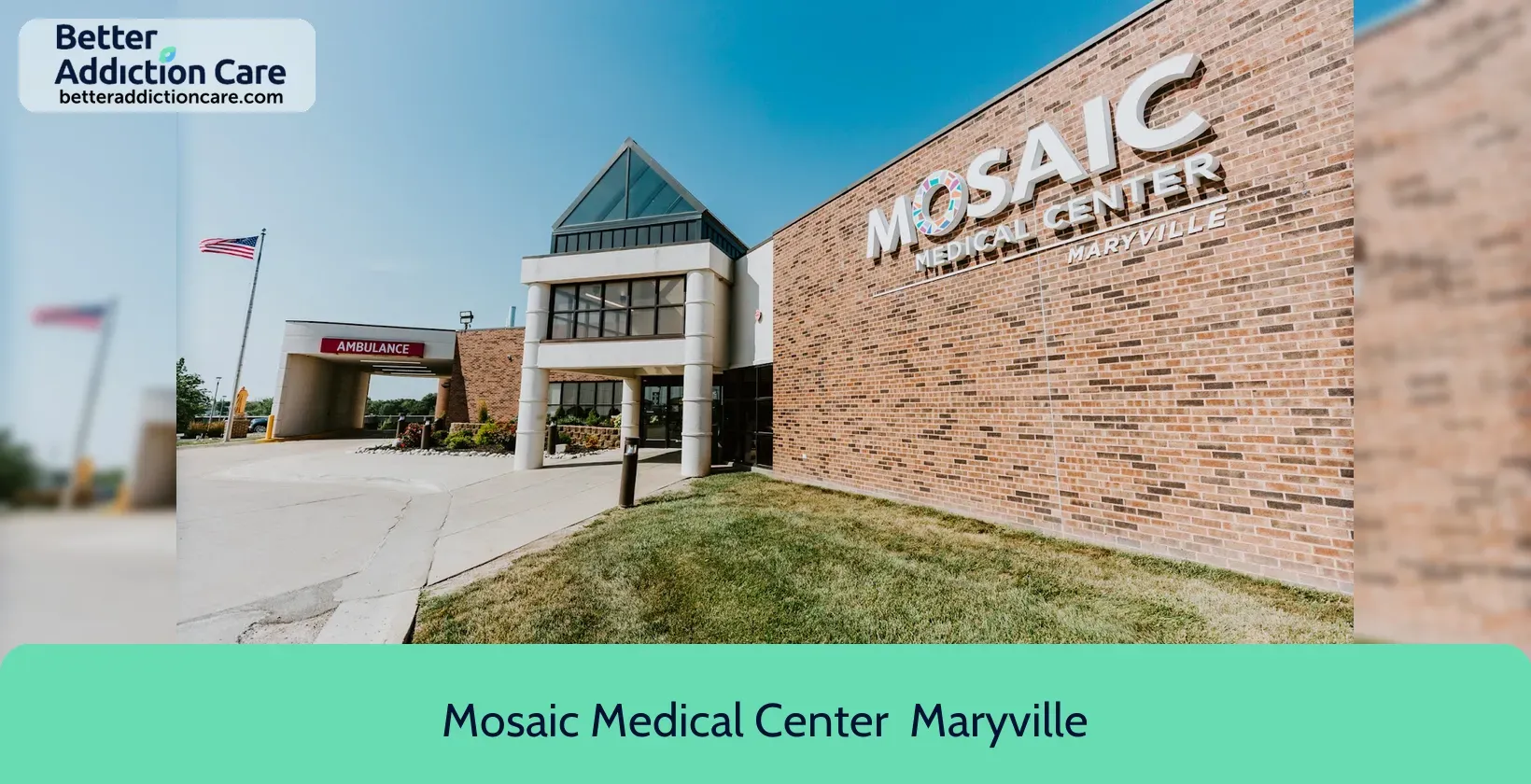
6.82
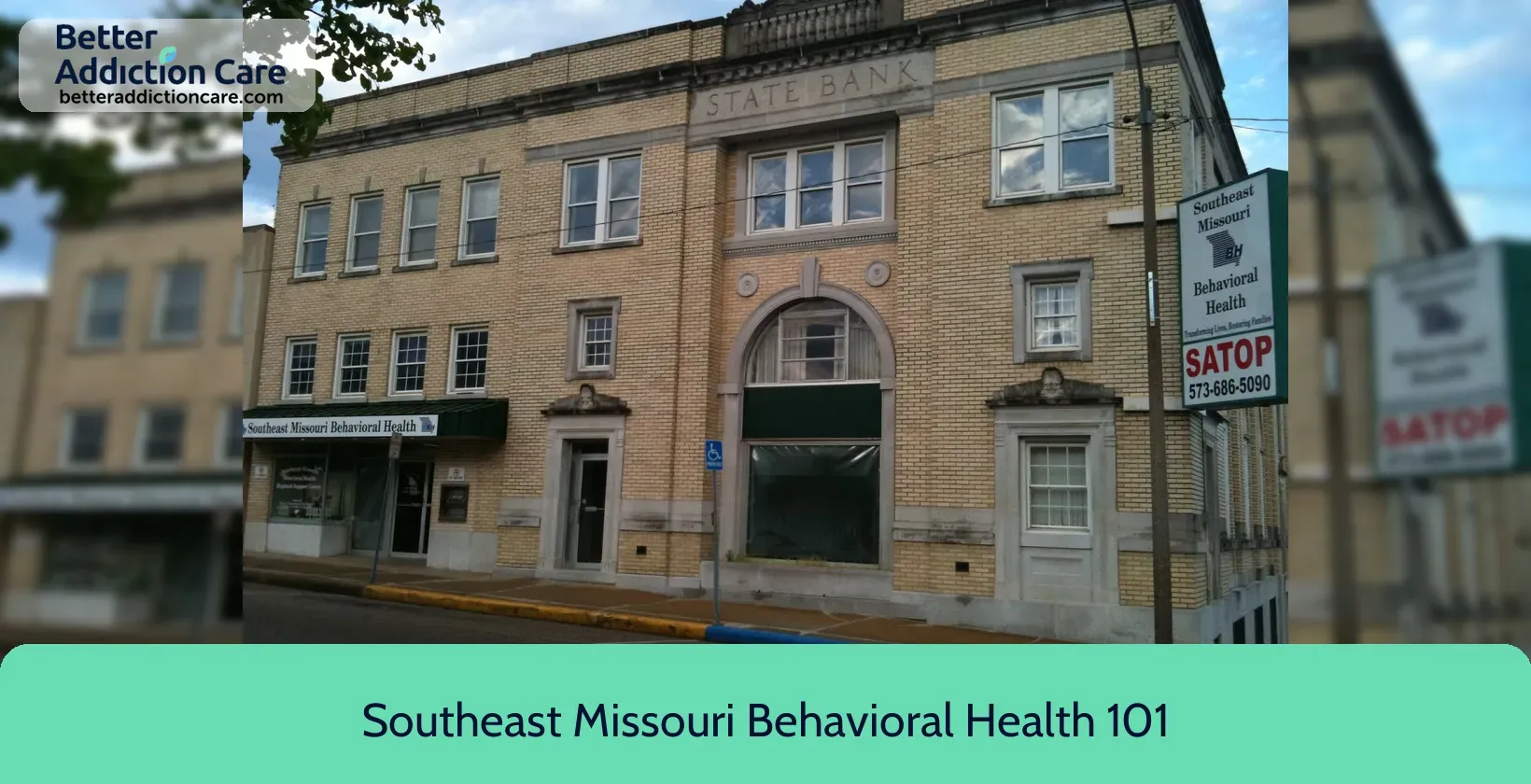
7.29
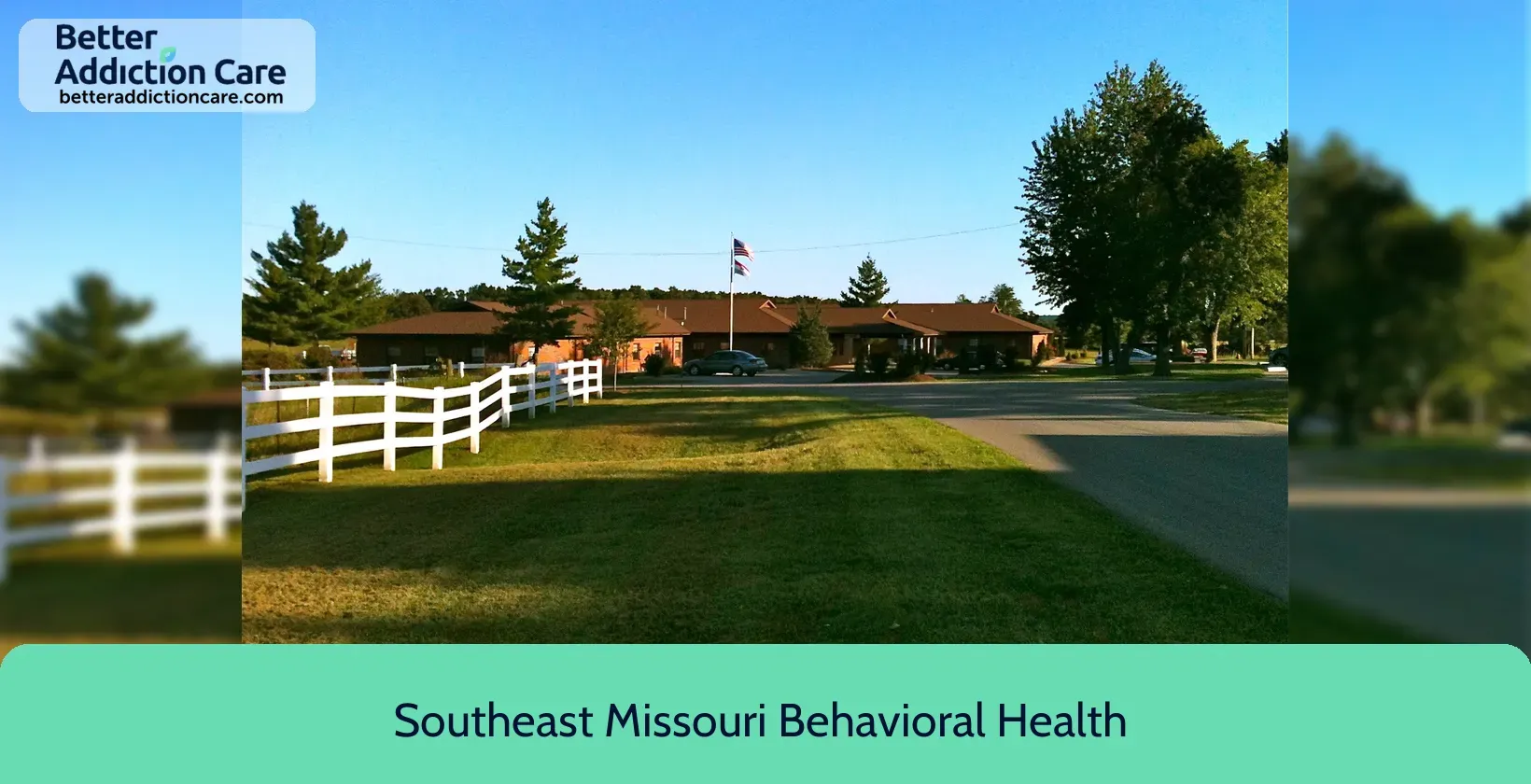
7.66
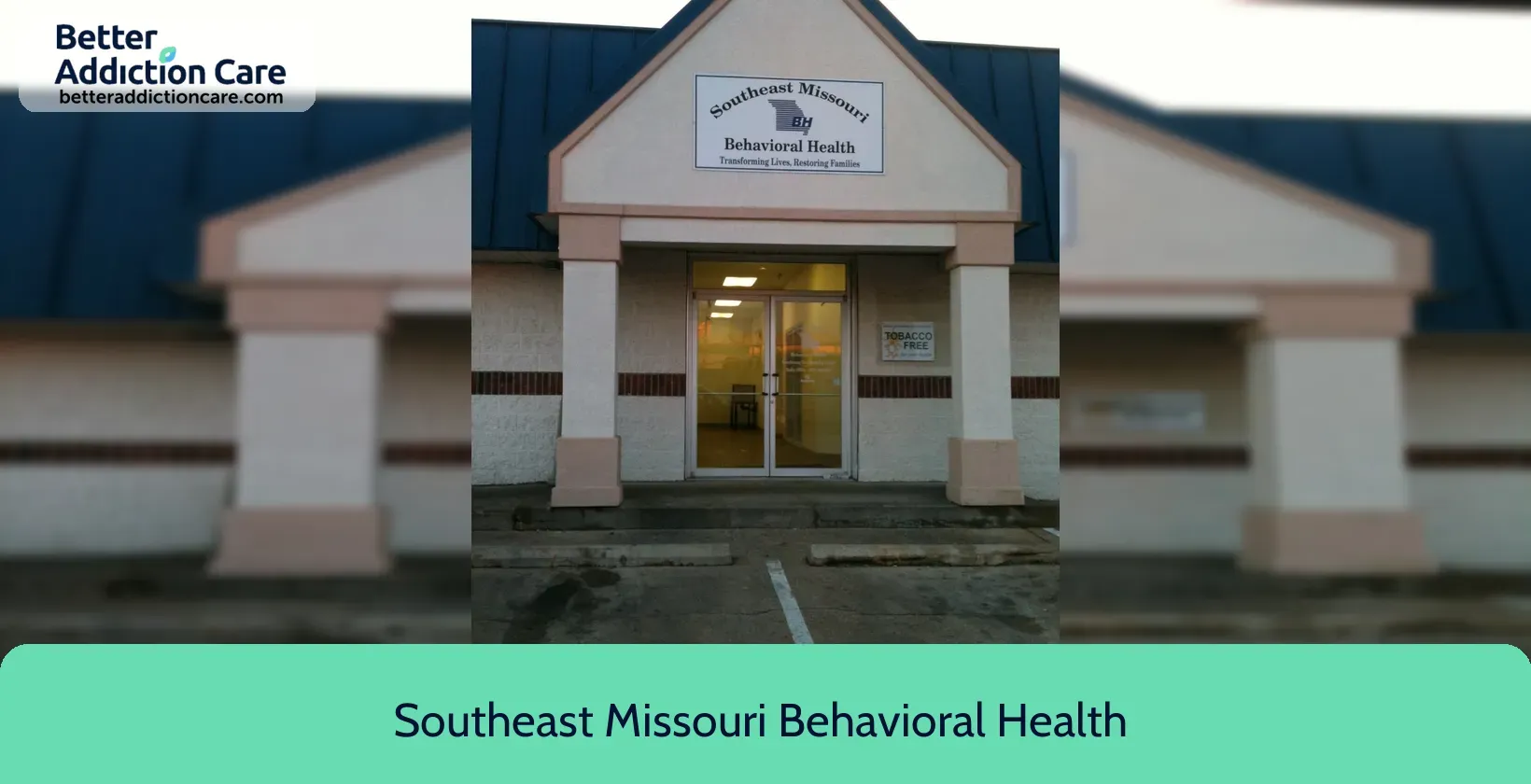
7.63

7.60
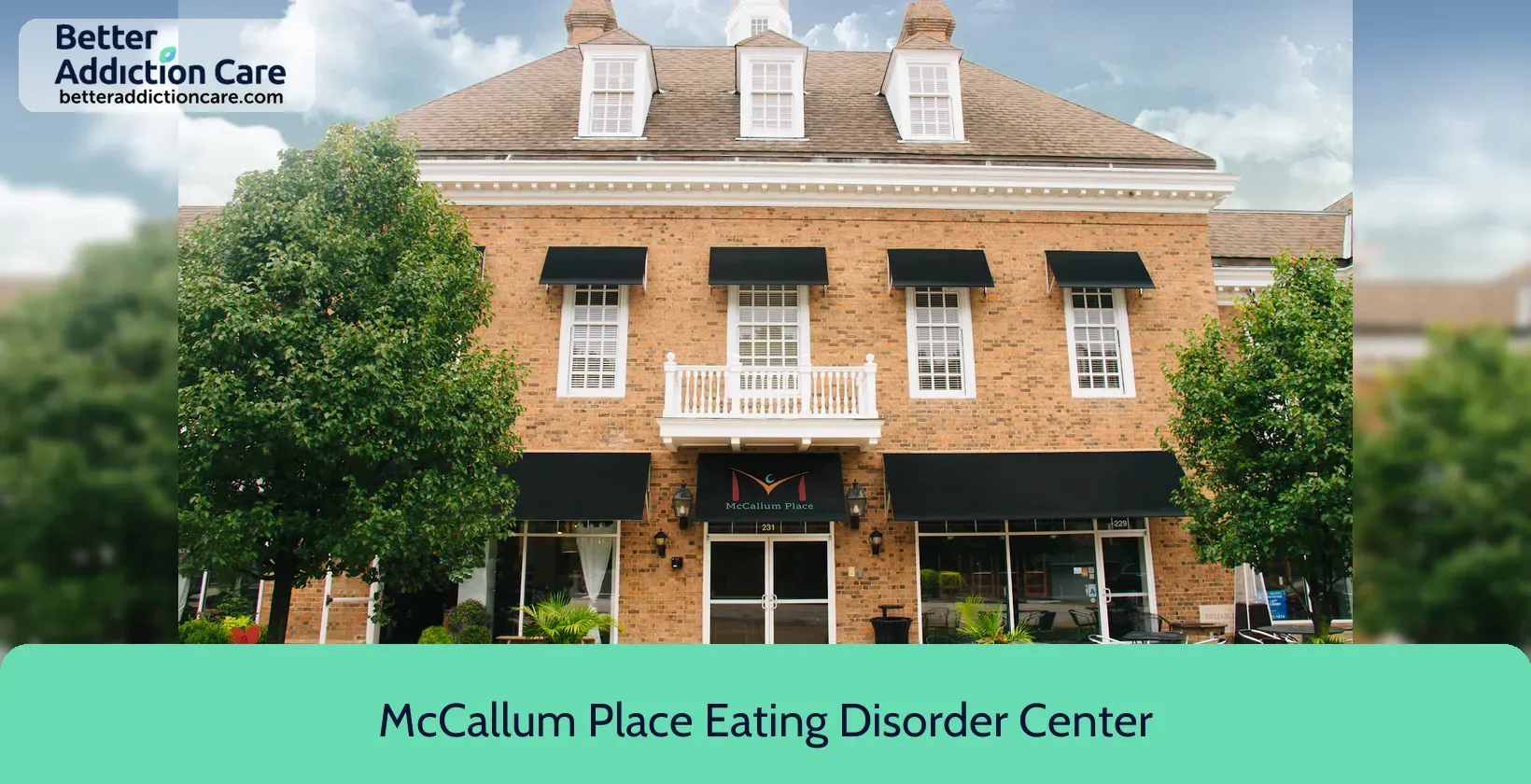
6.92
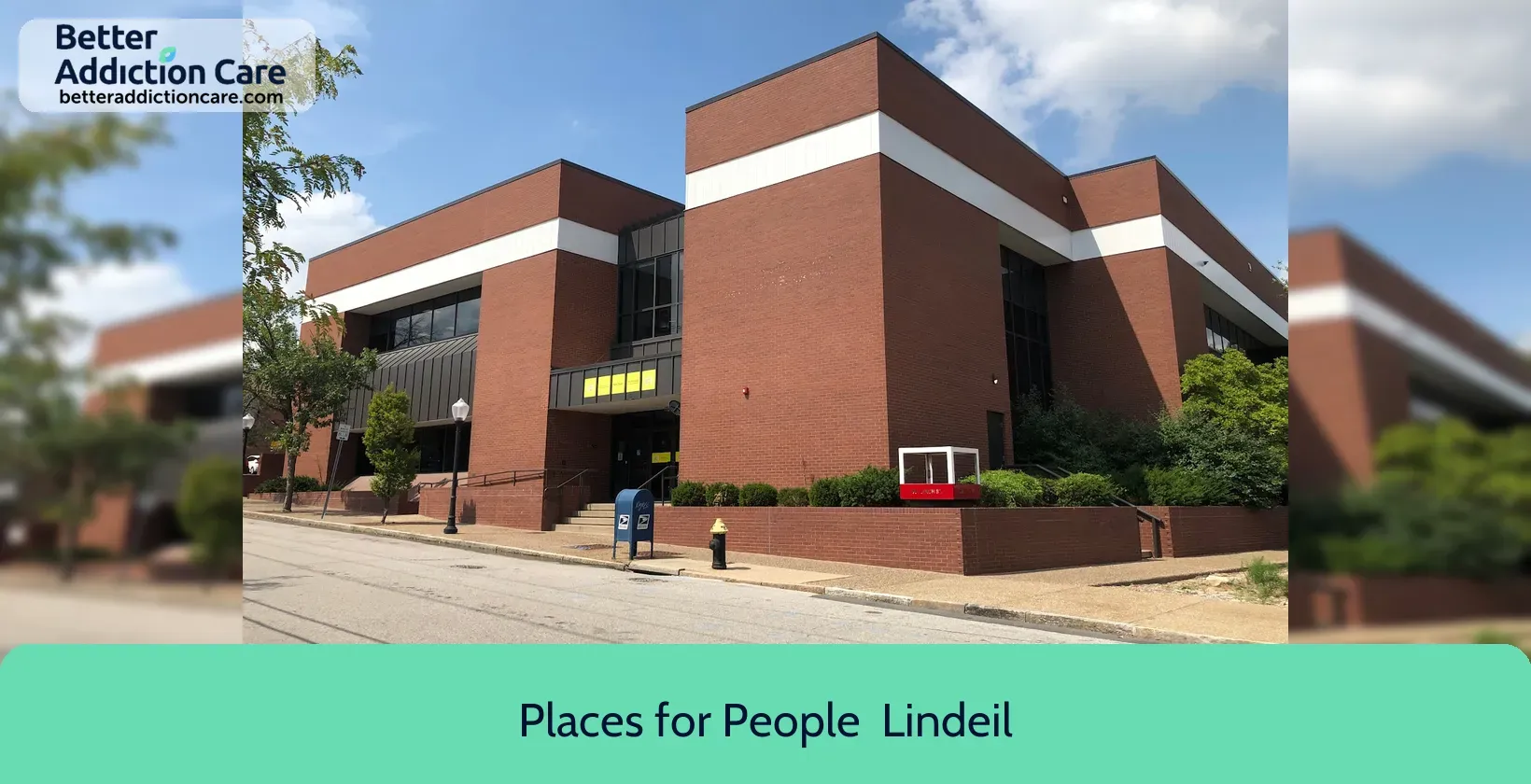
6.77
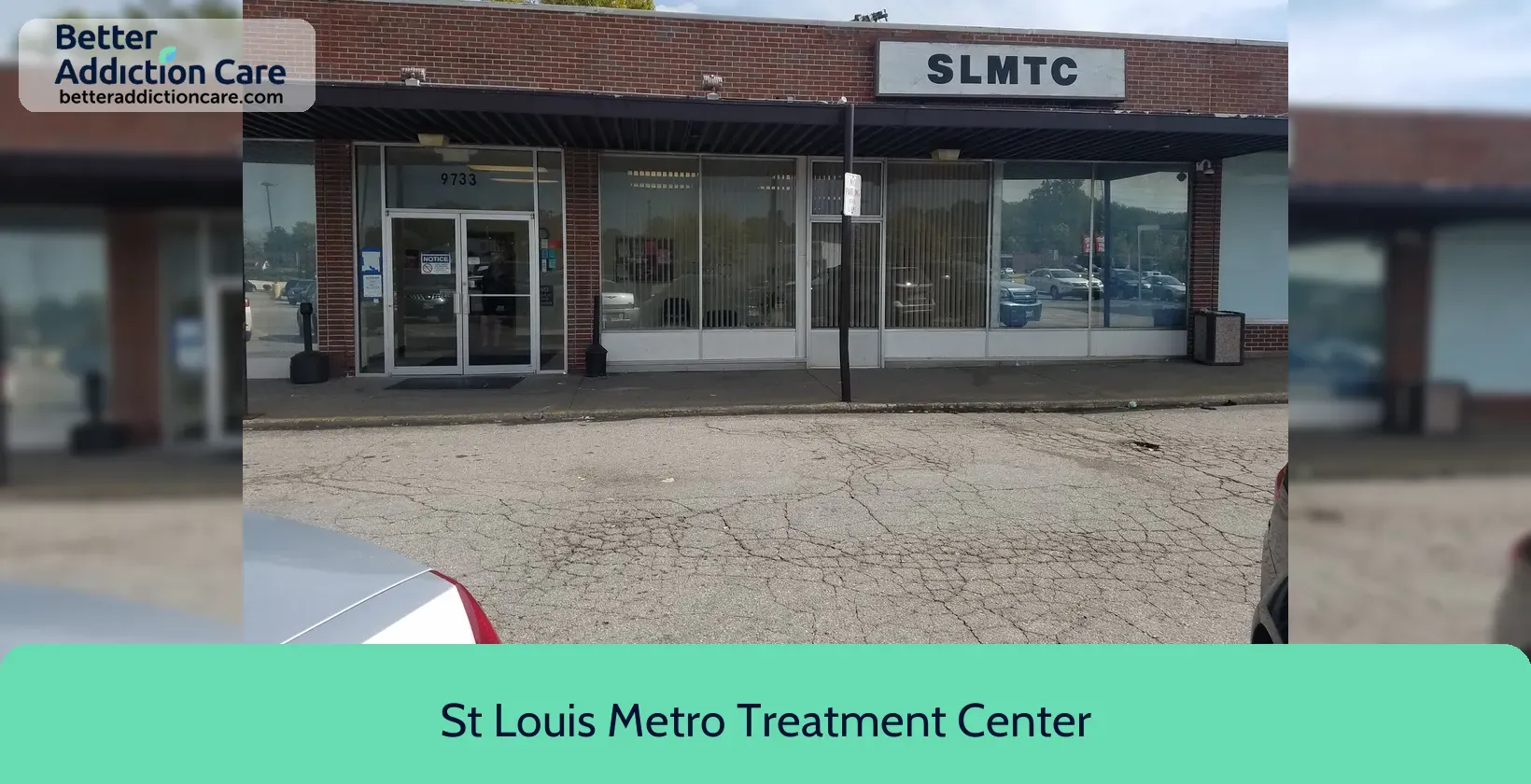
7.16
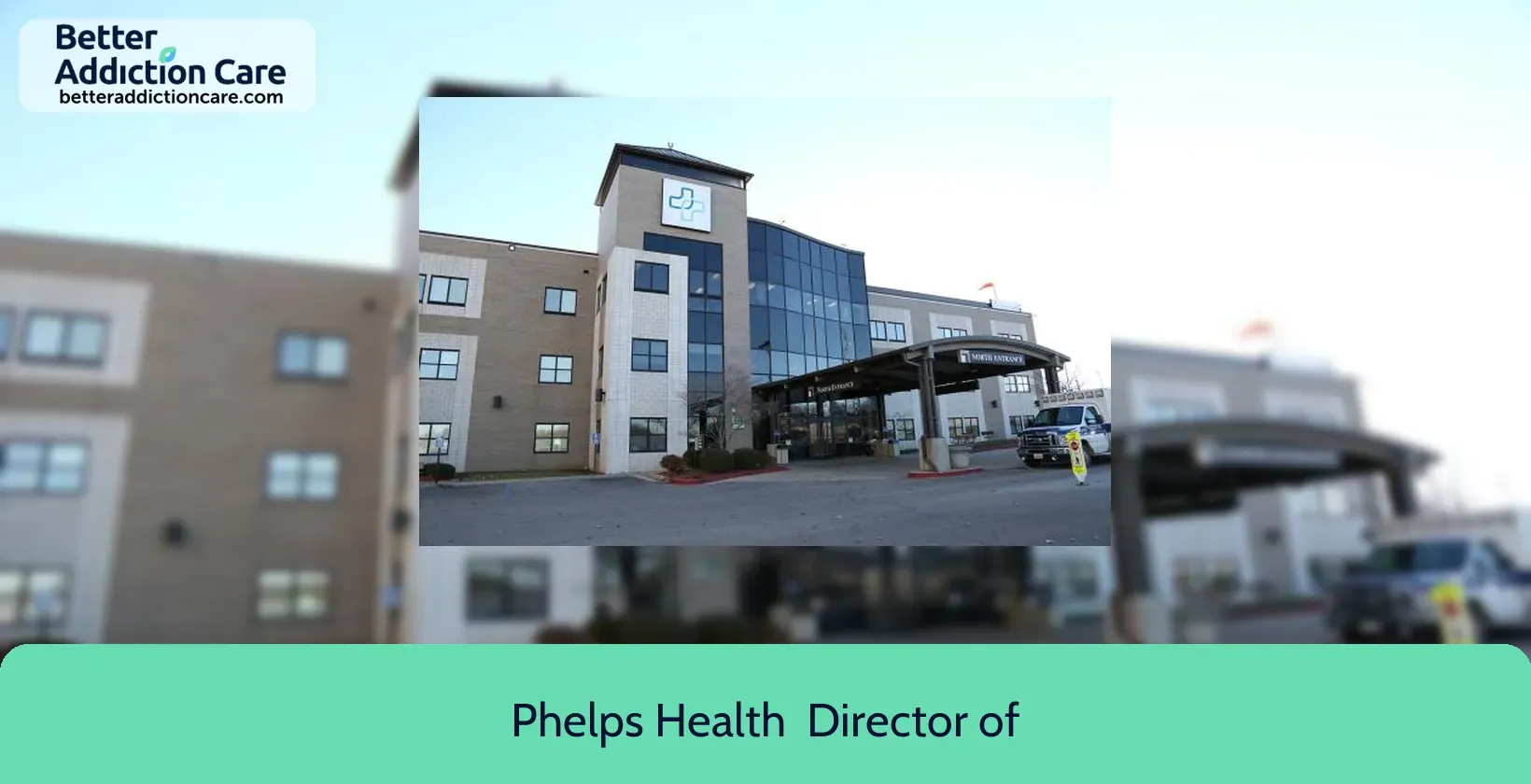
6.59
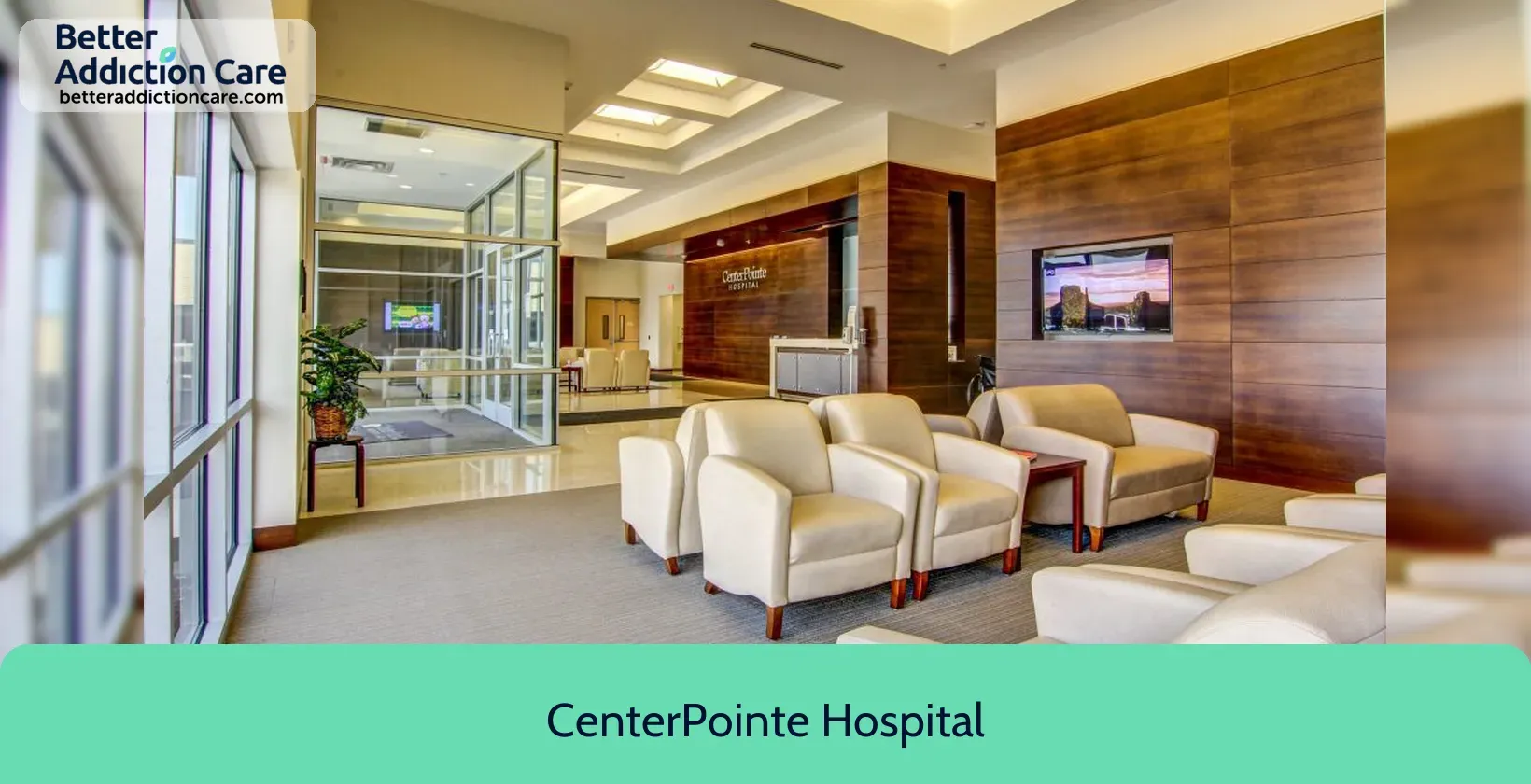
7.63
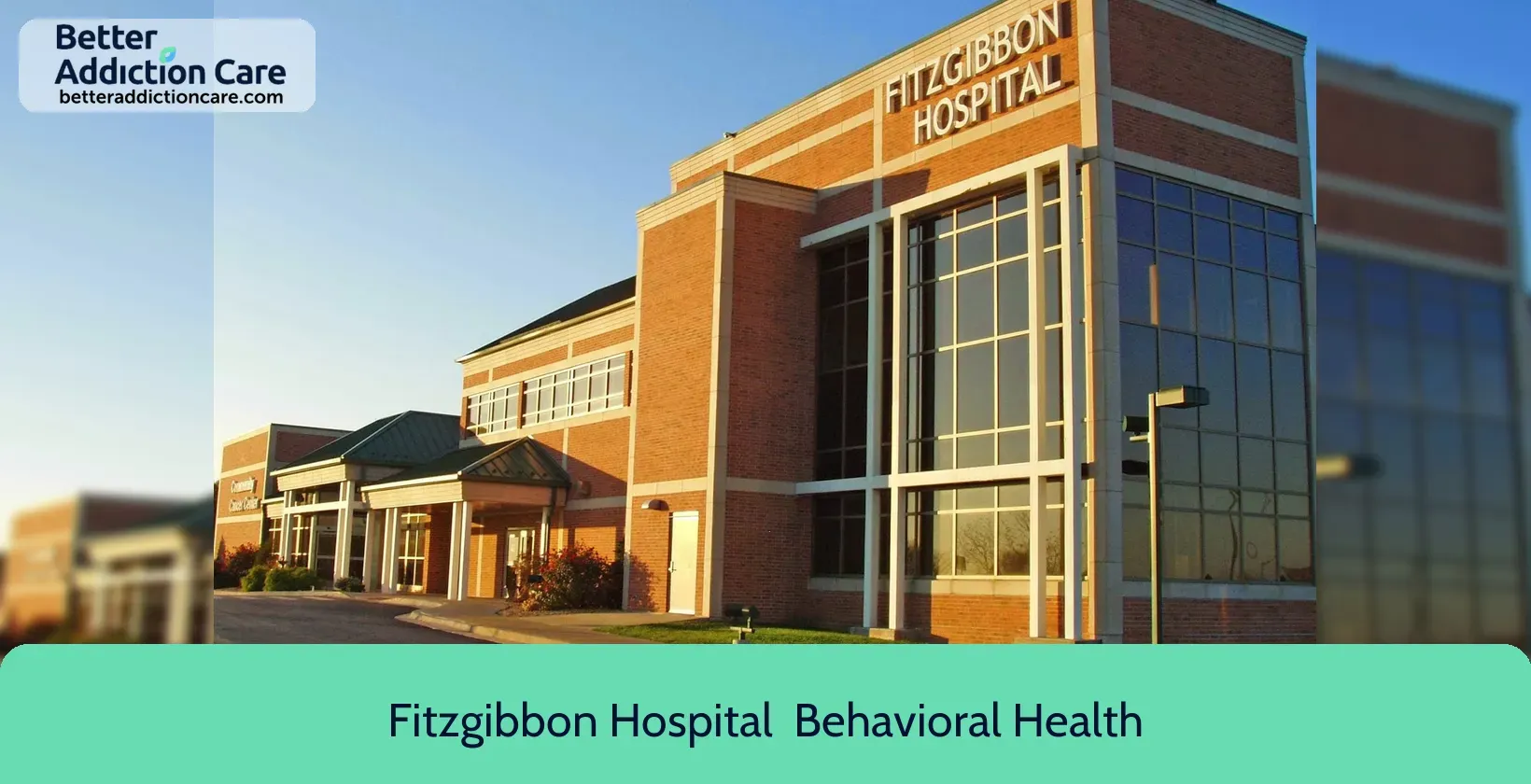
6.68
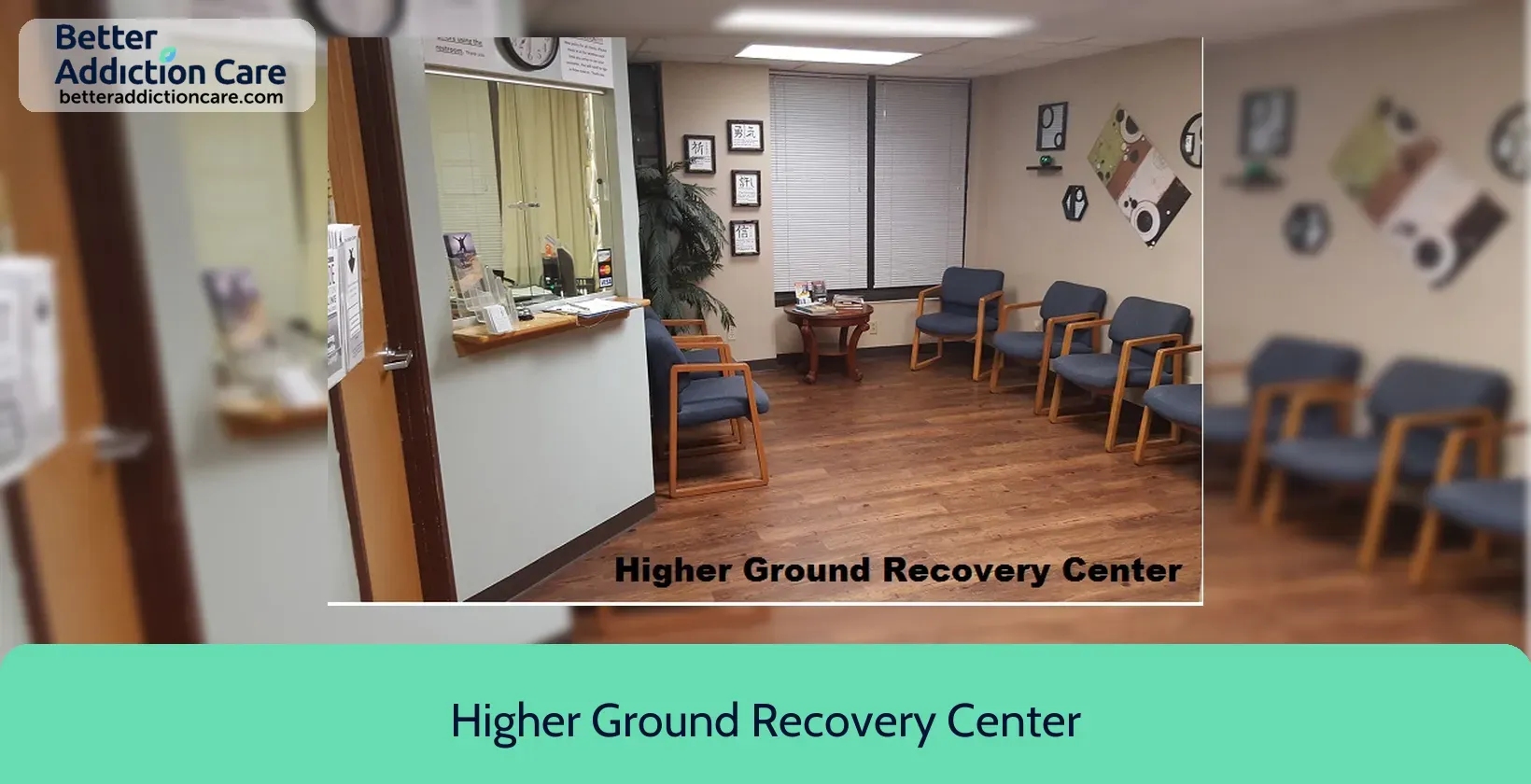
7.00
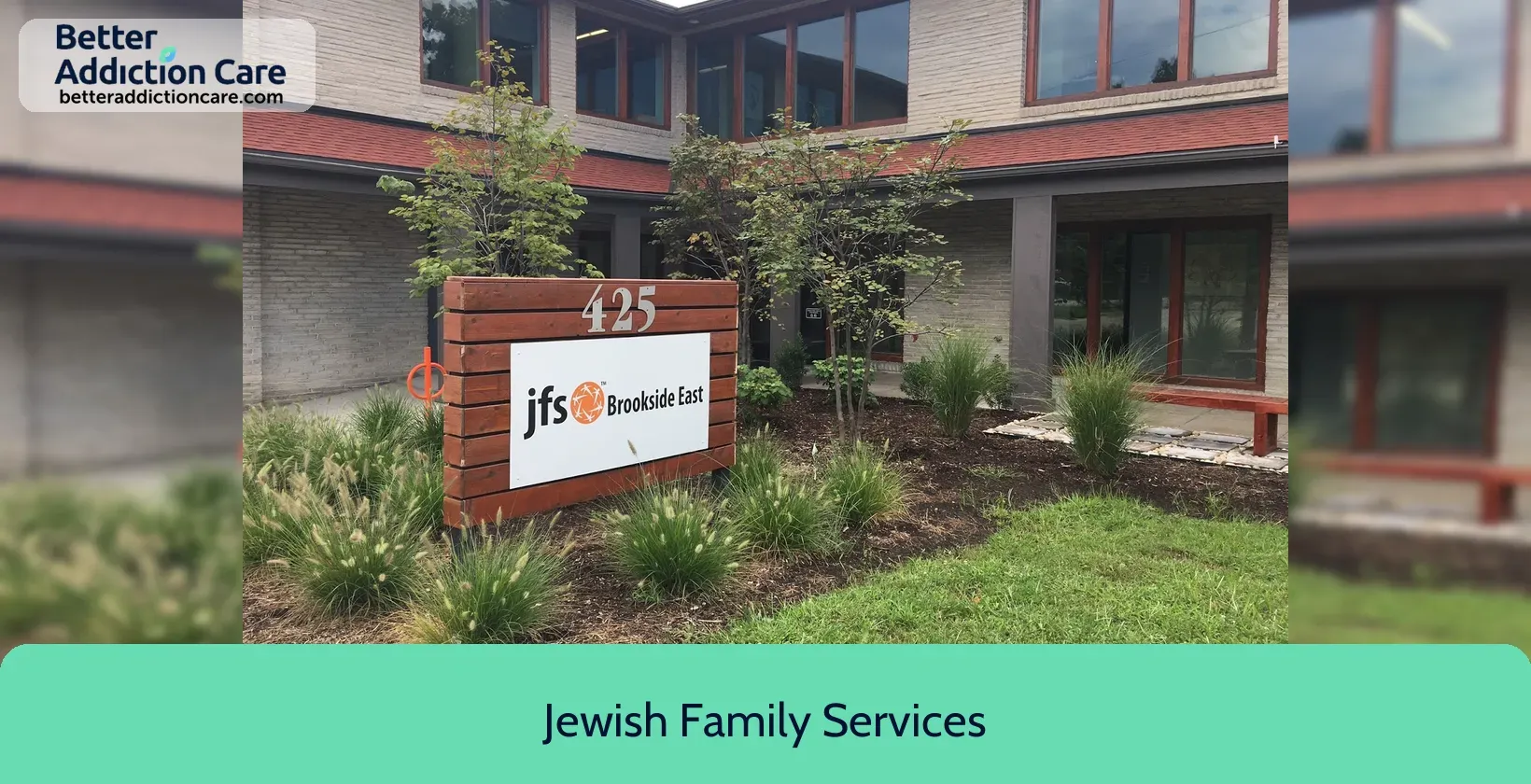
6.59
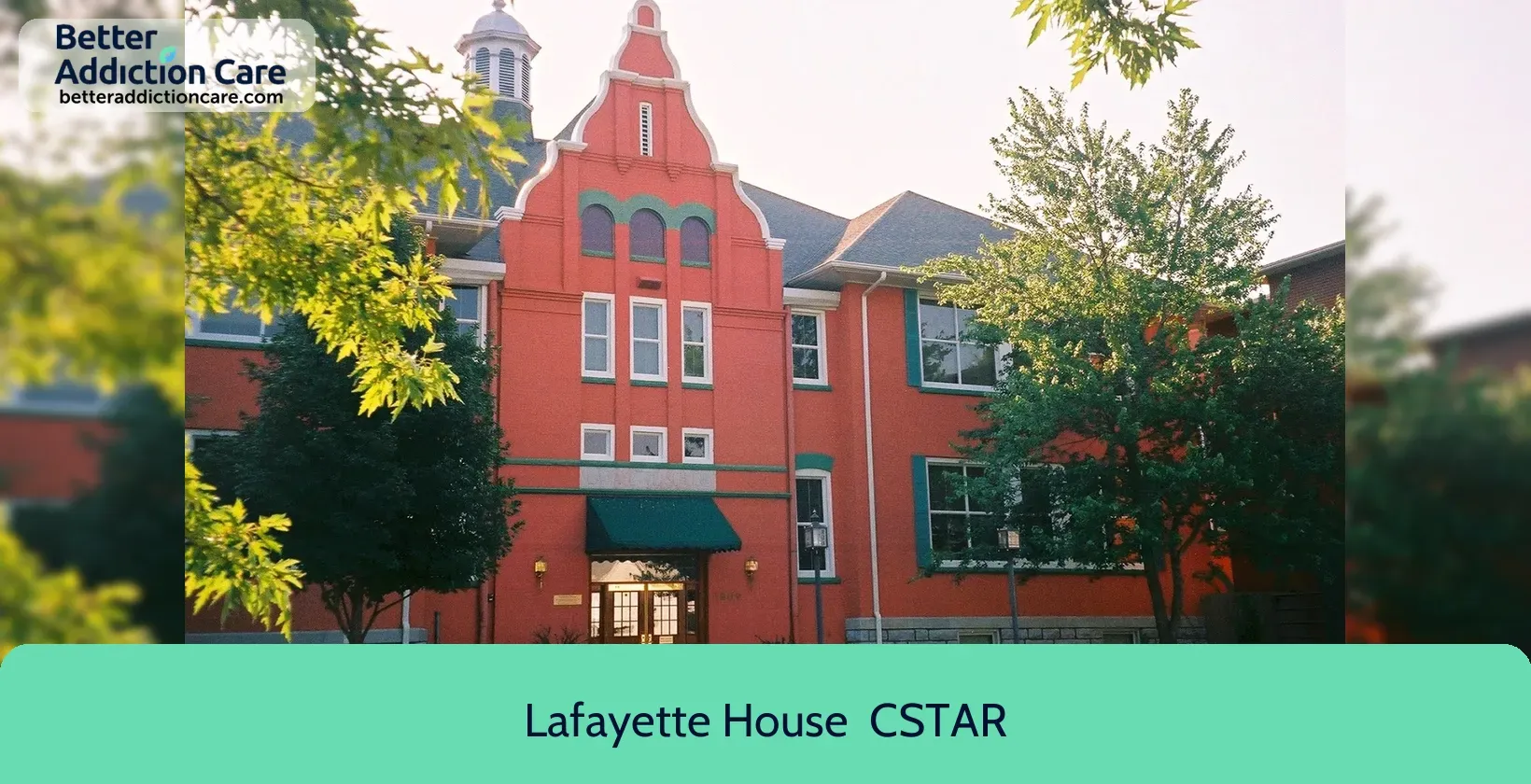
7.43
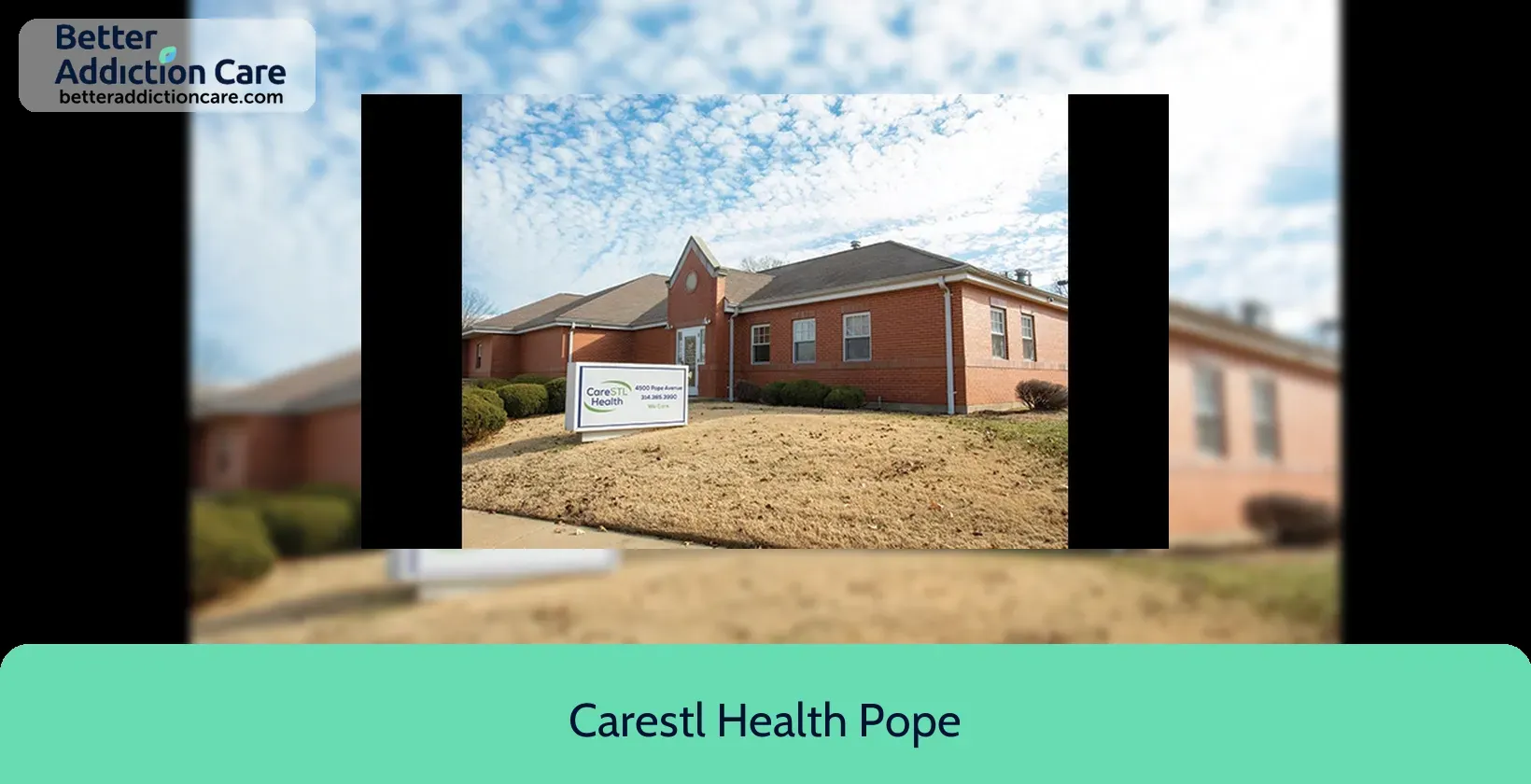
6.71
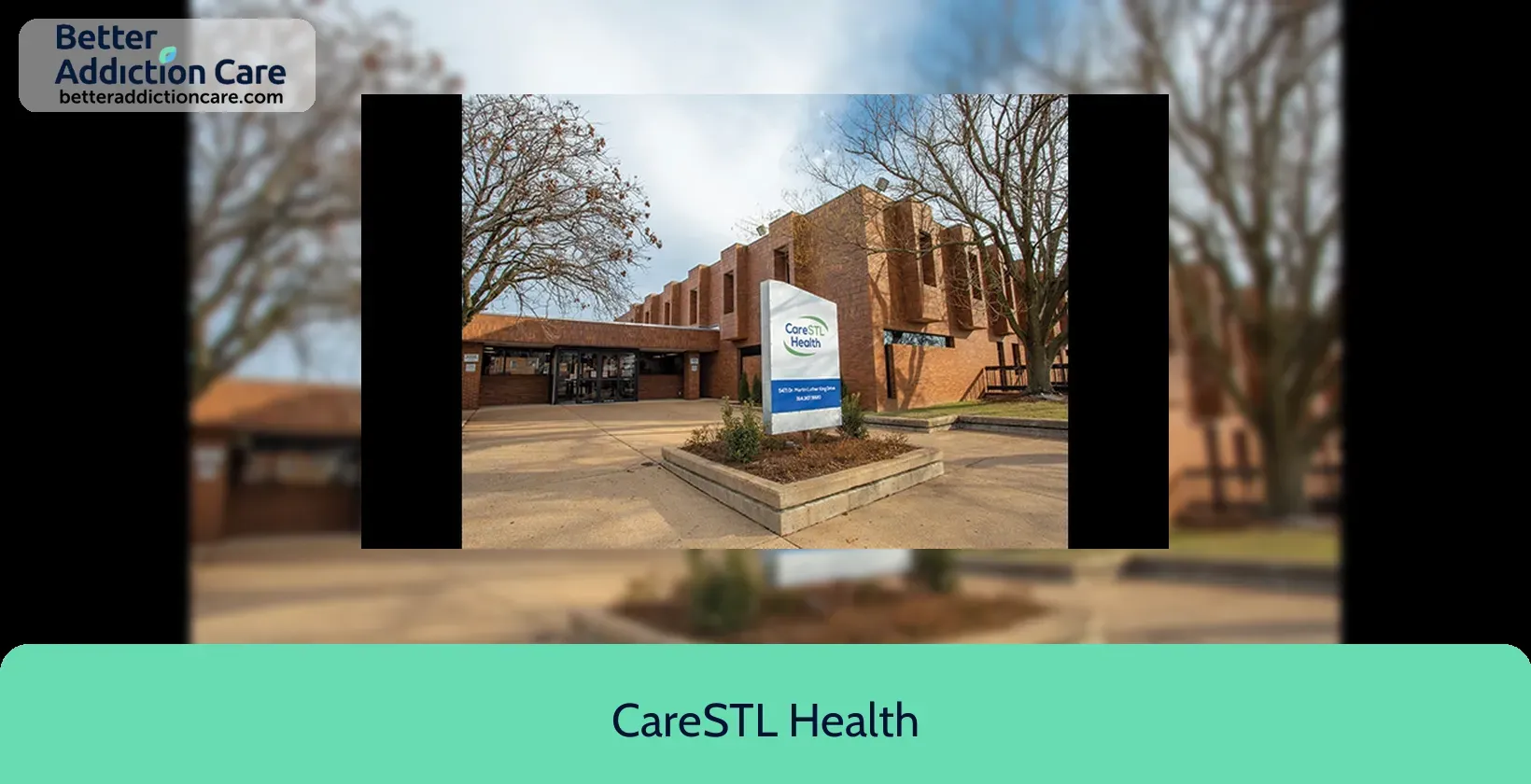
7.46
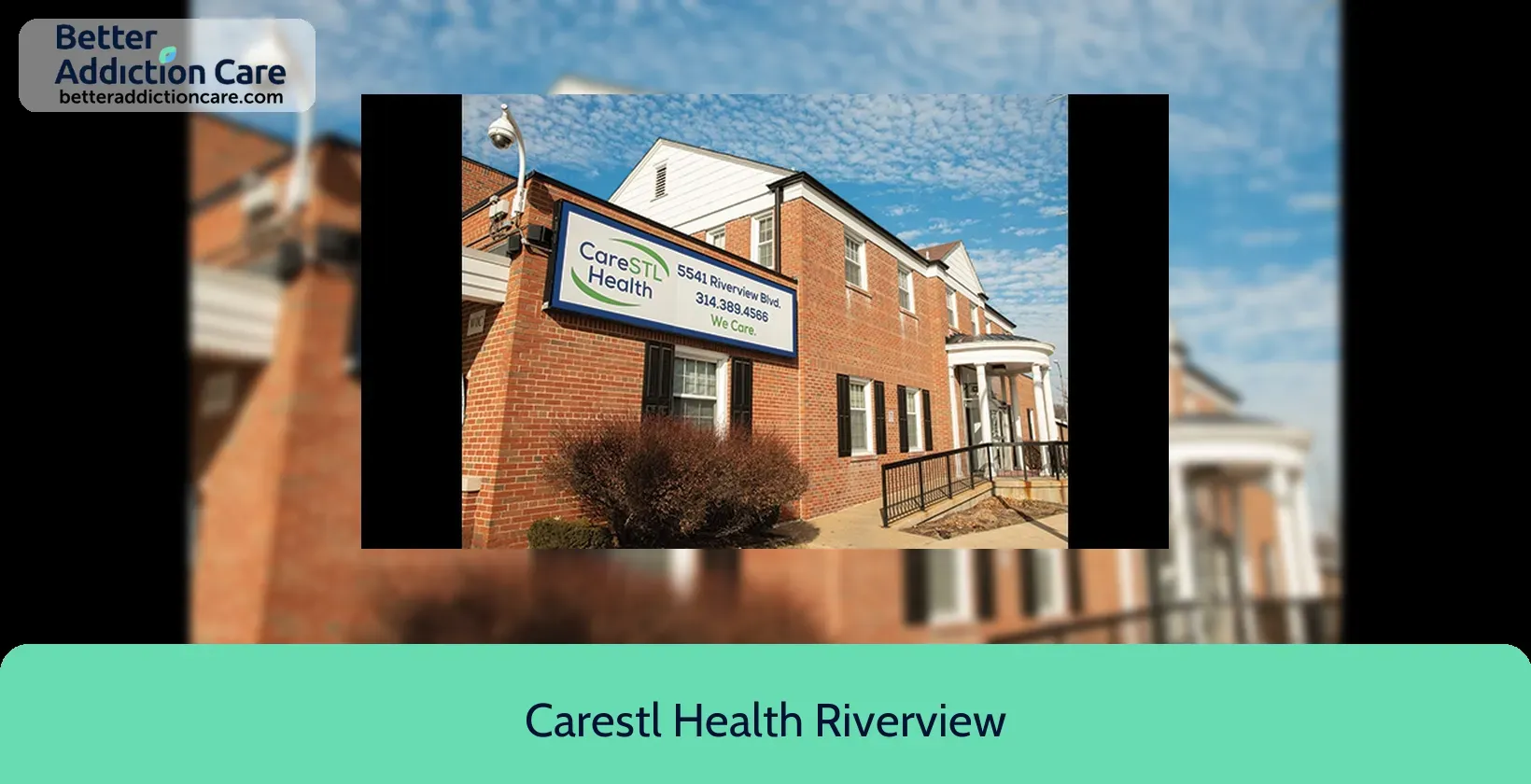
6.71
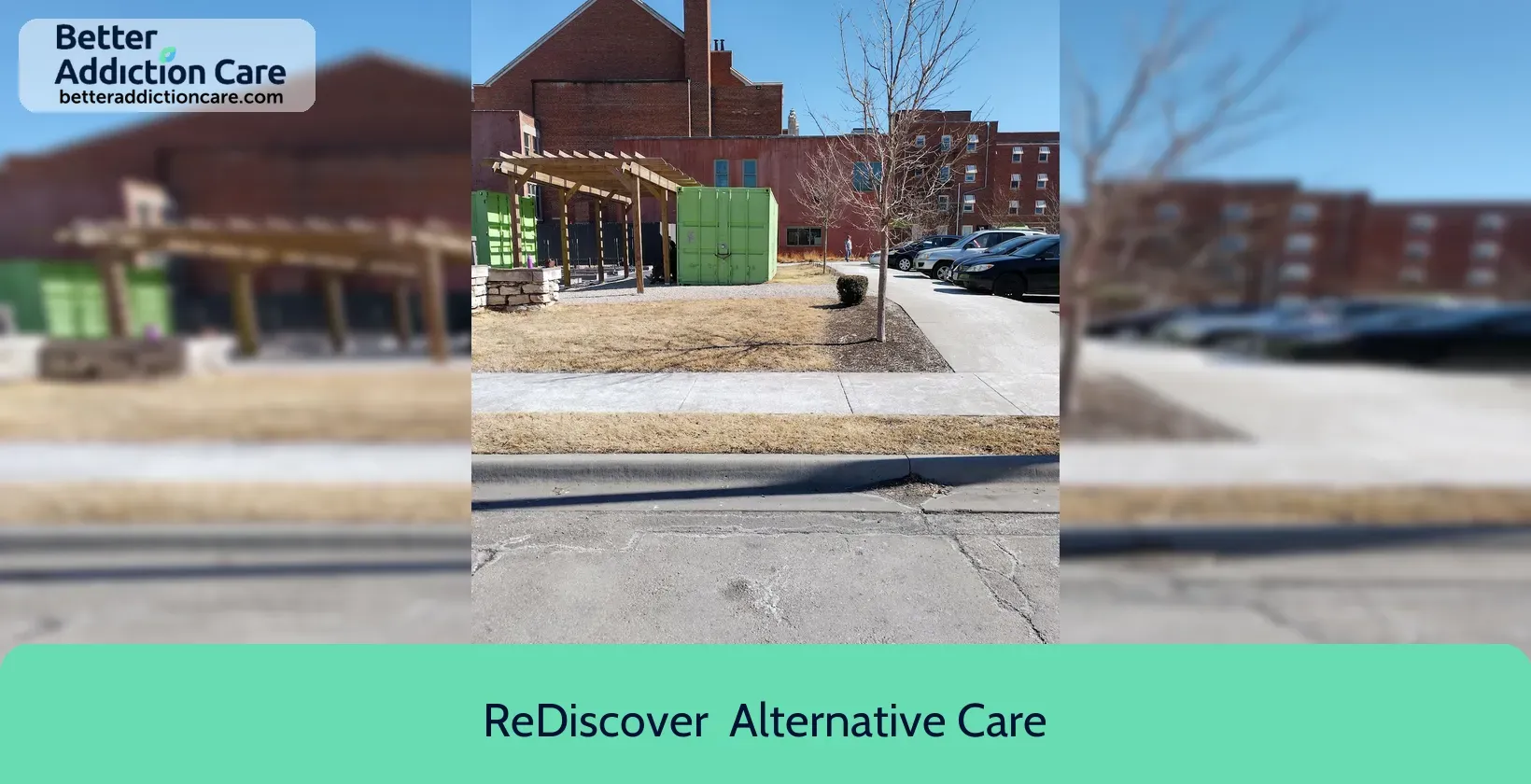
7.39
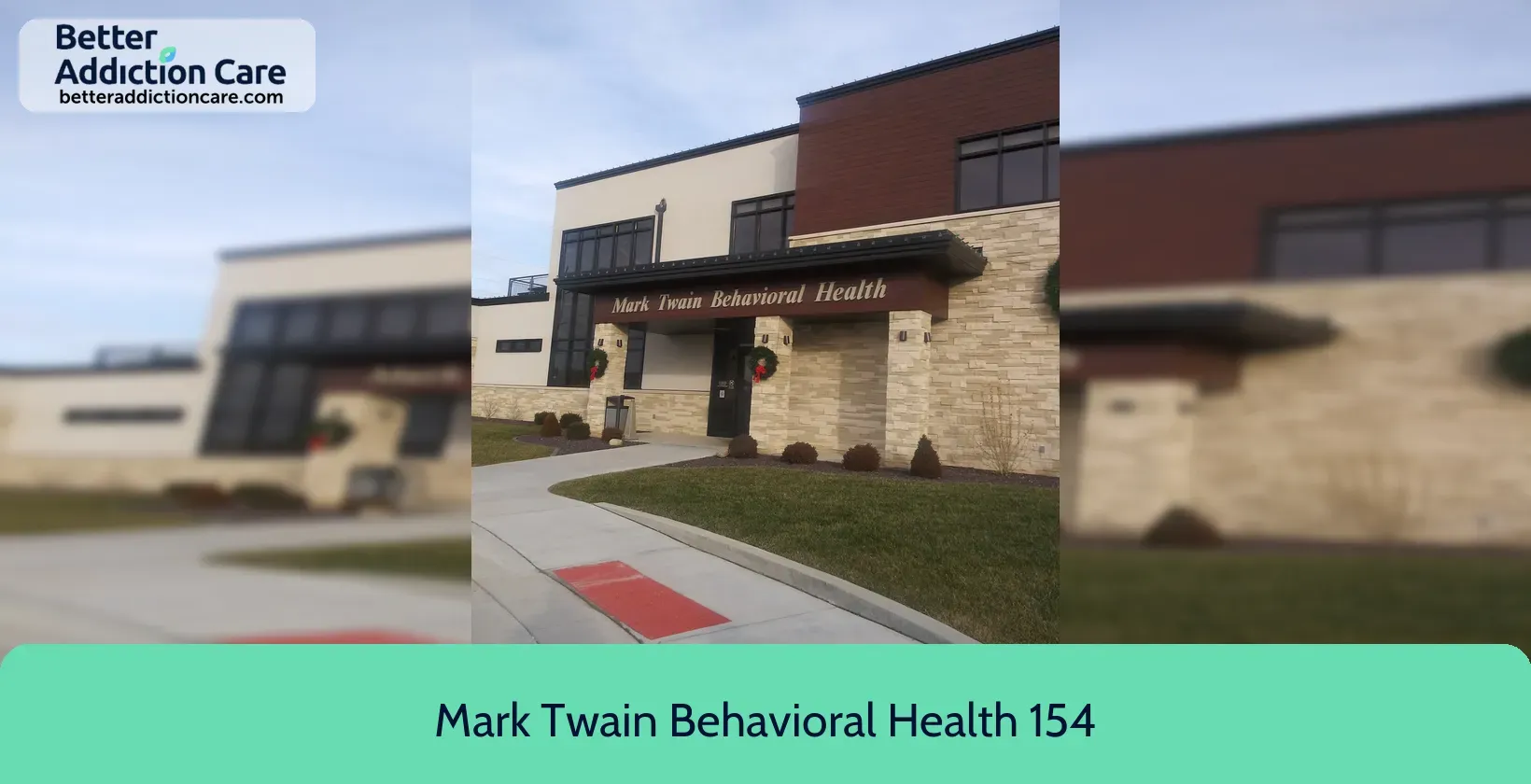
6.77
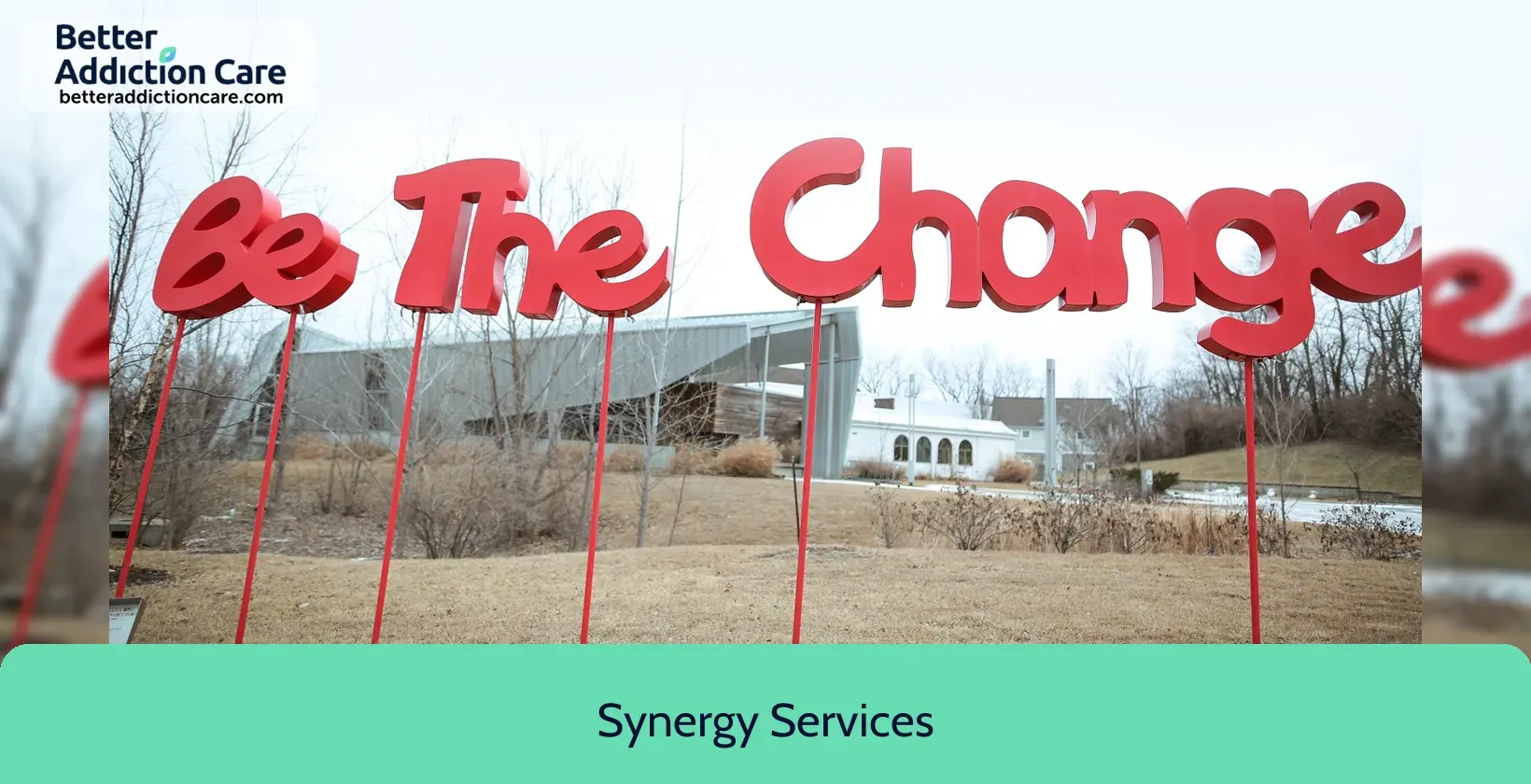
6.68
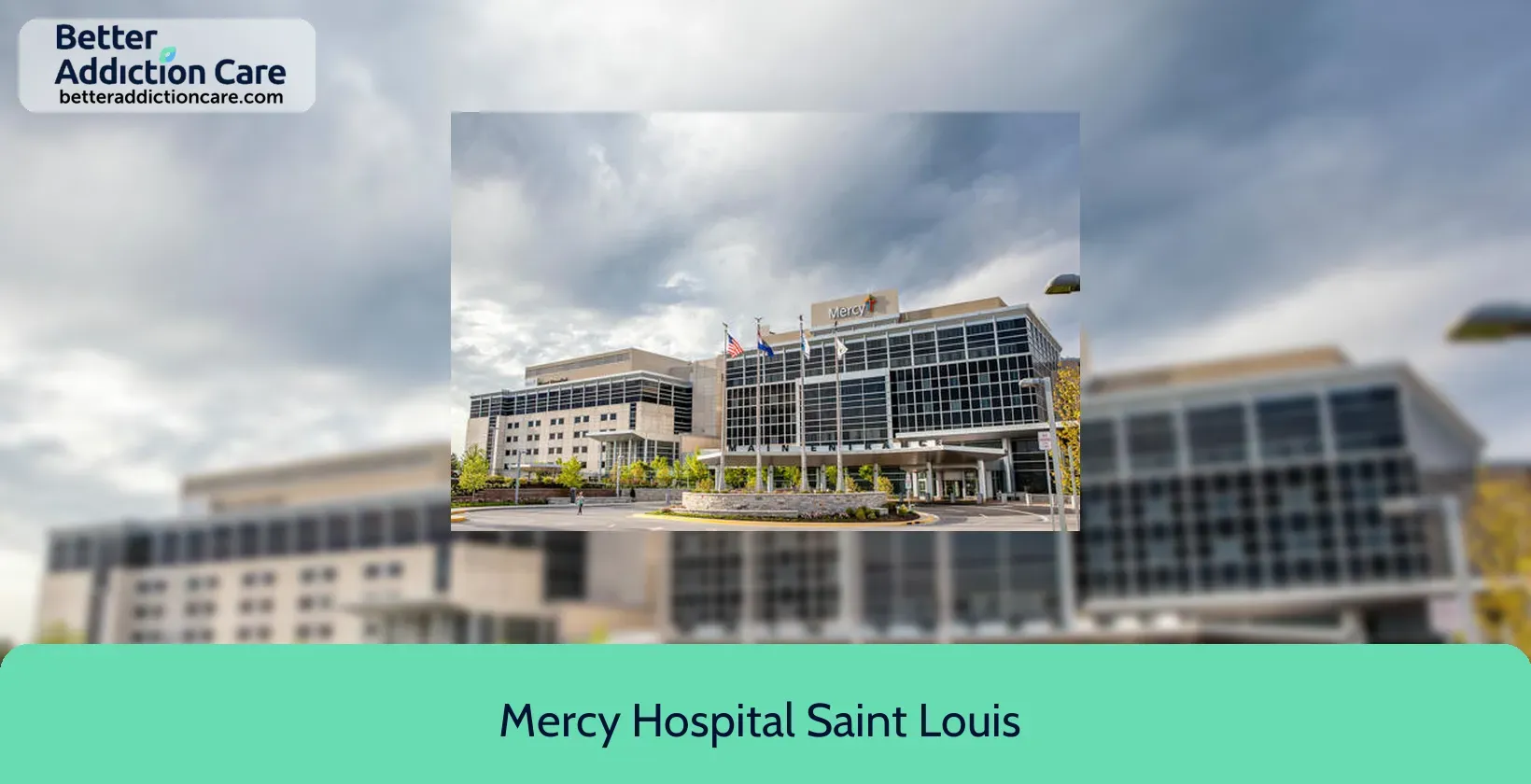
6.59
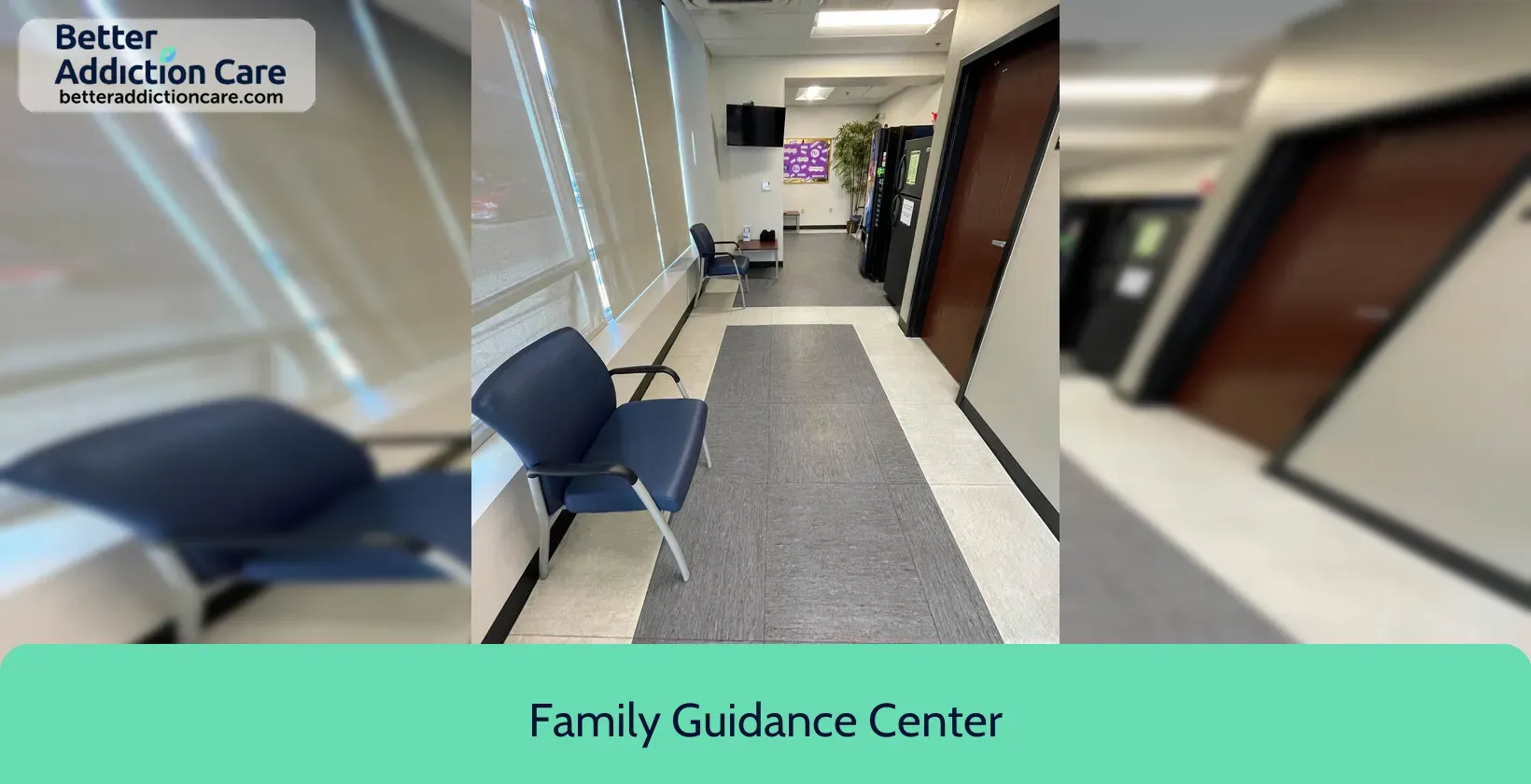
7.49
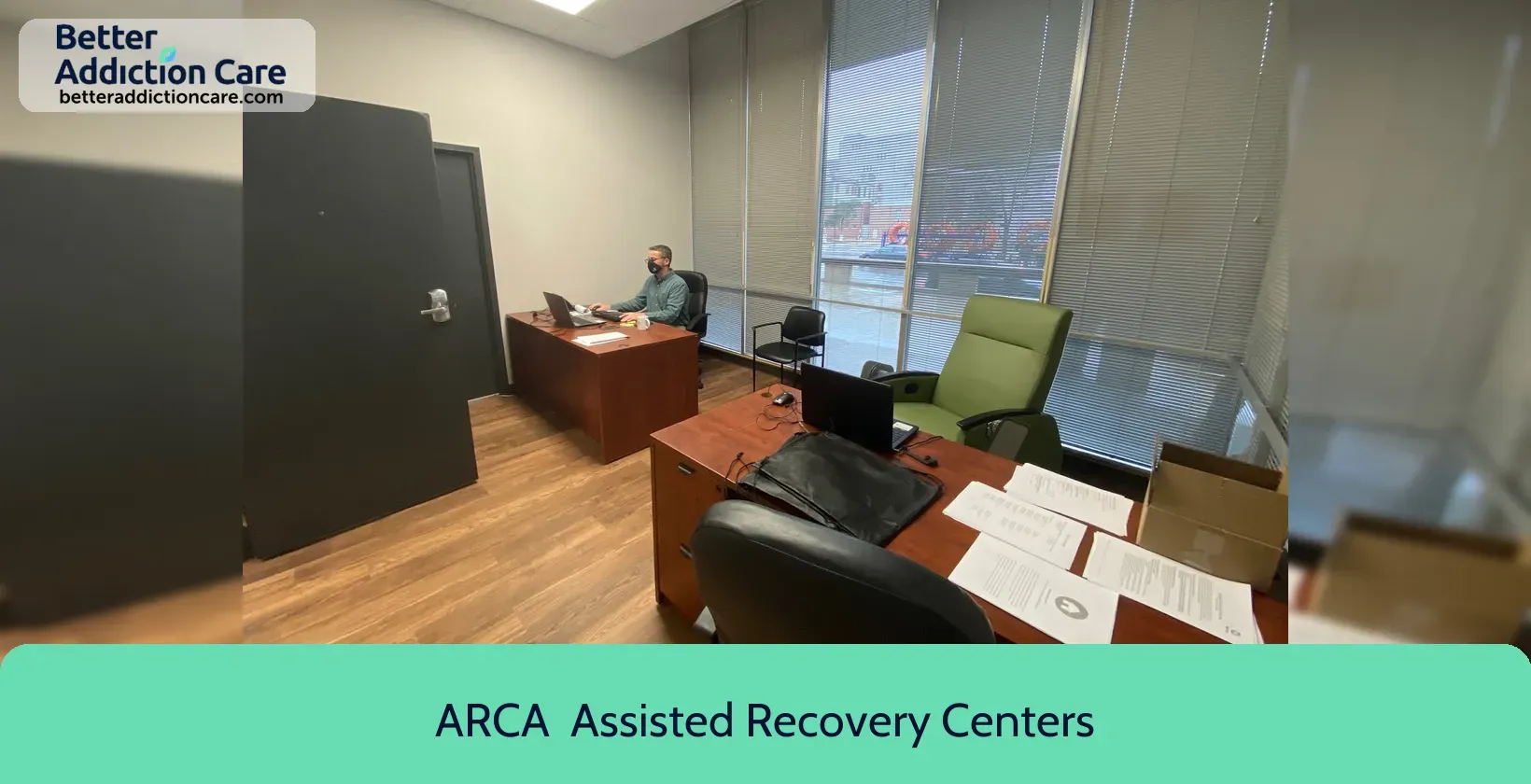
7.33
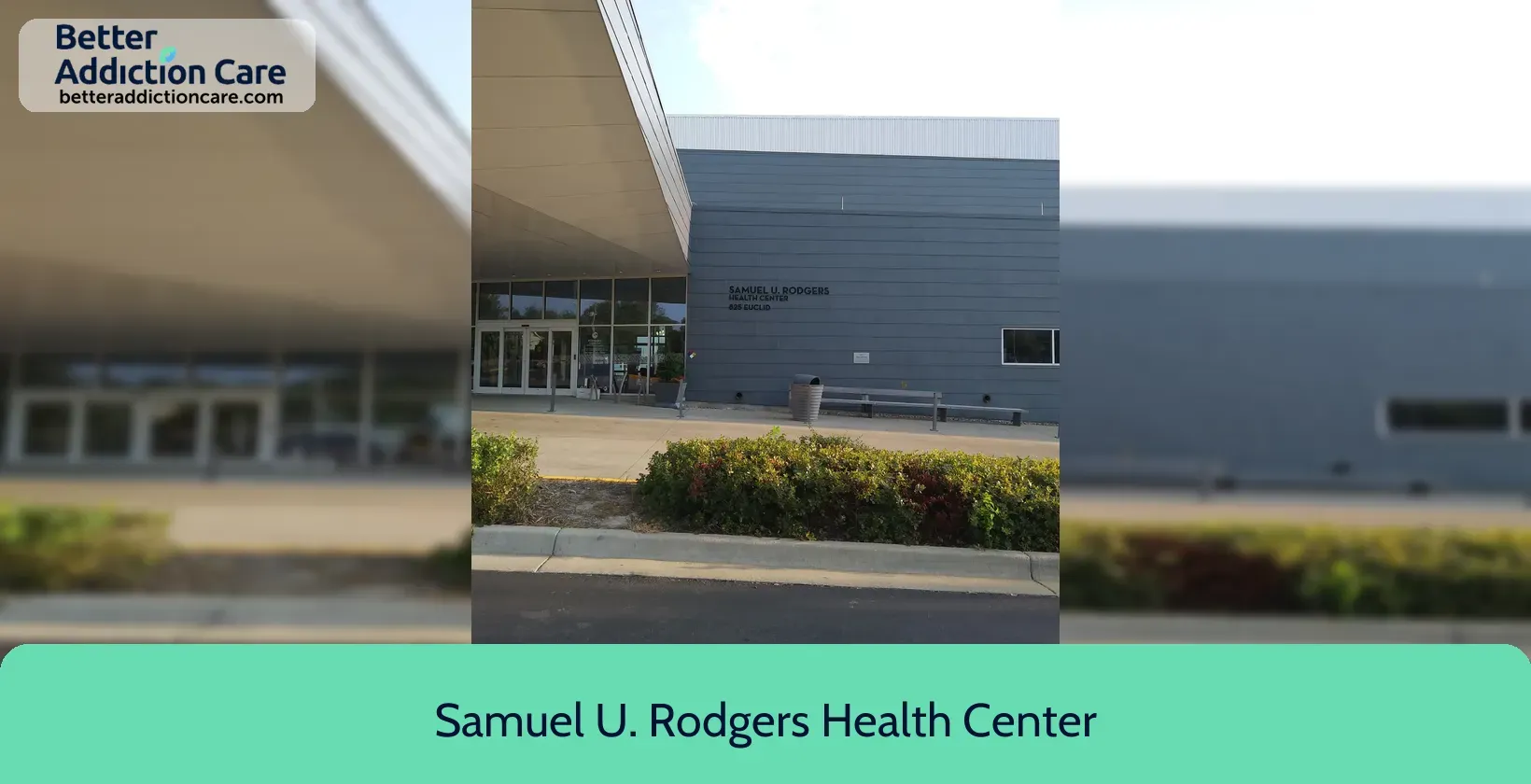
6.74
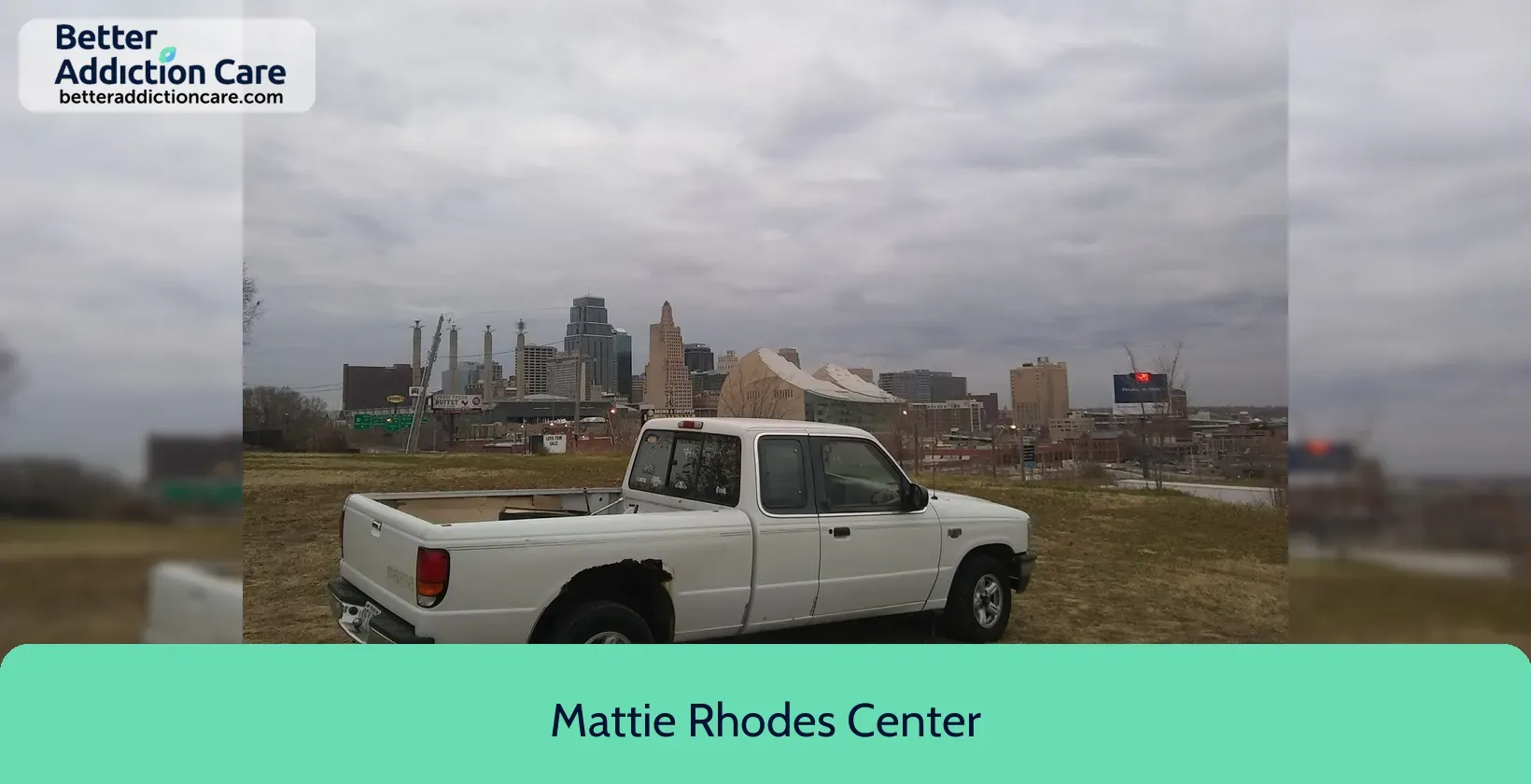
6.92
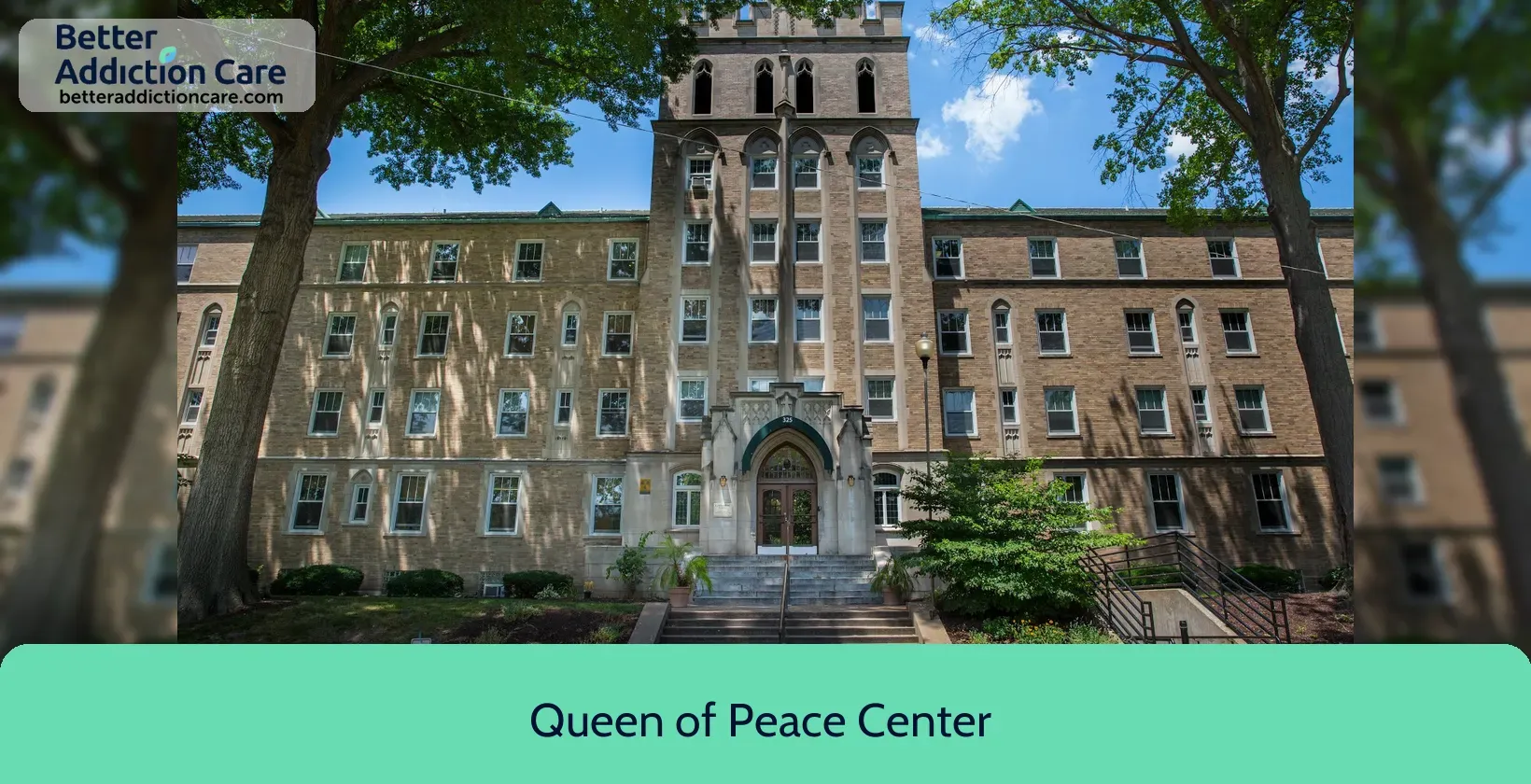
7.33
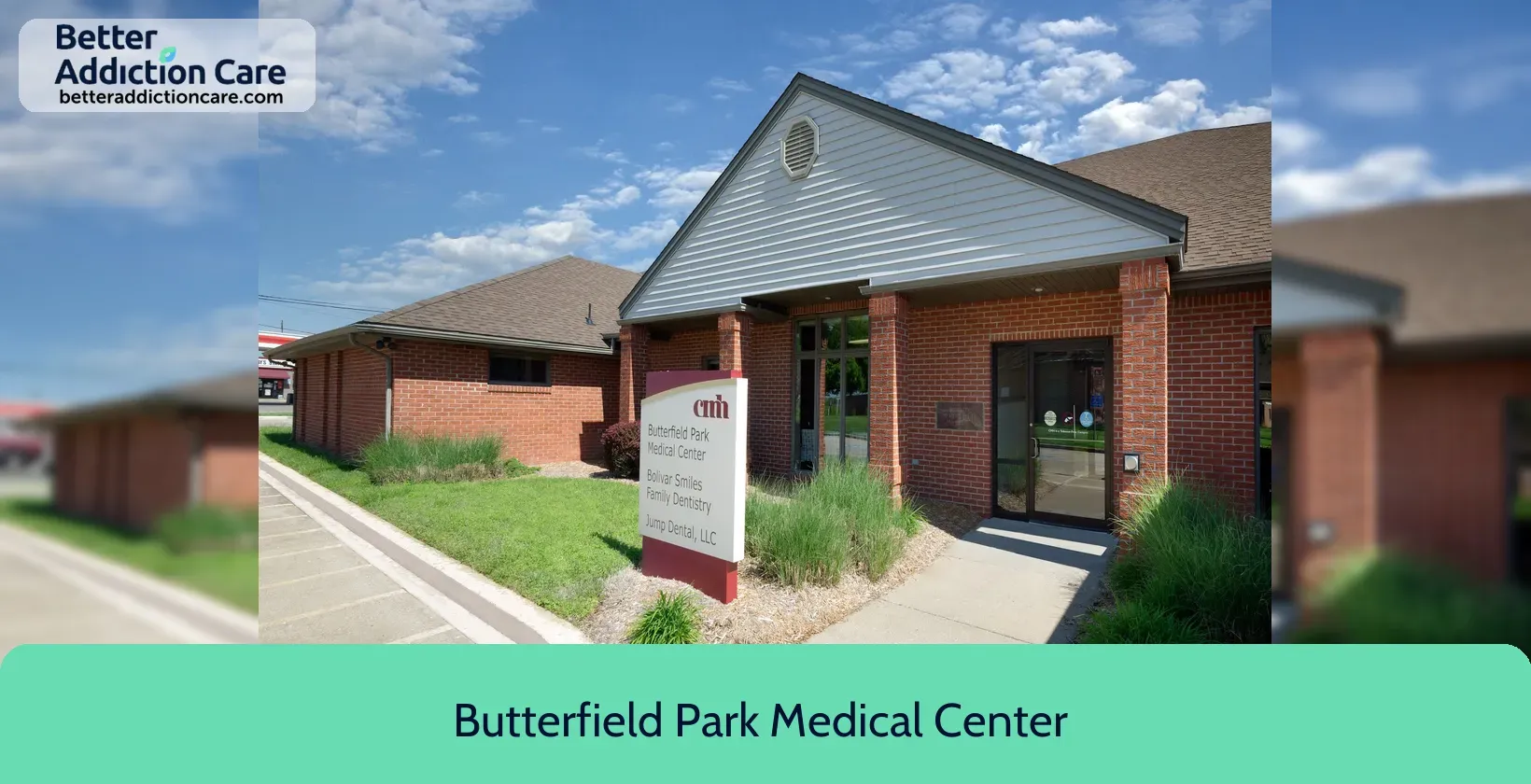
7.62
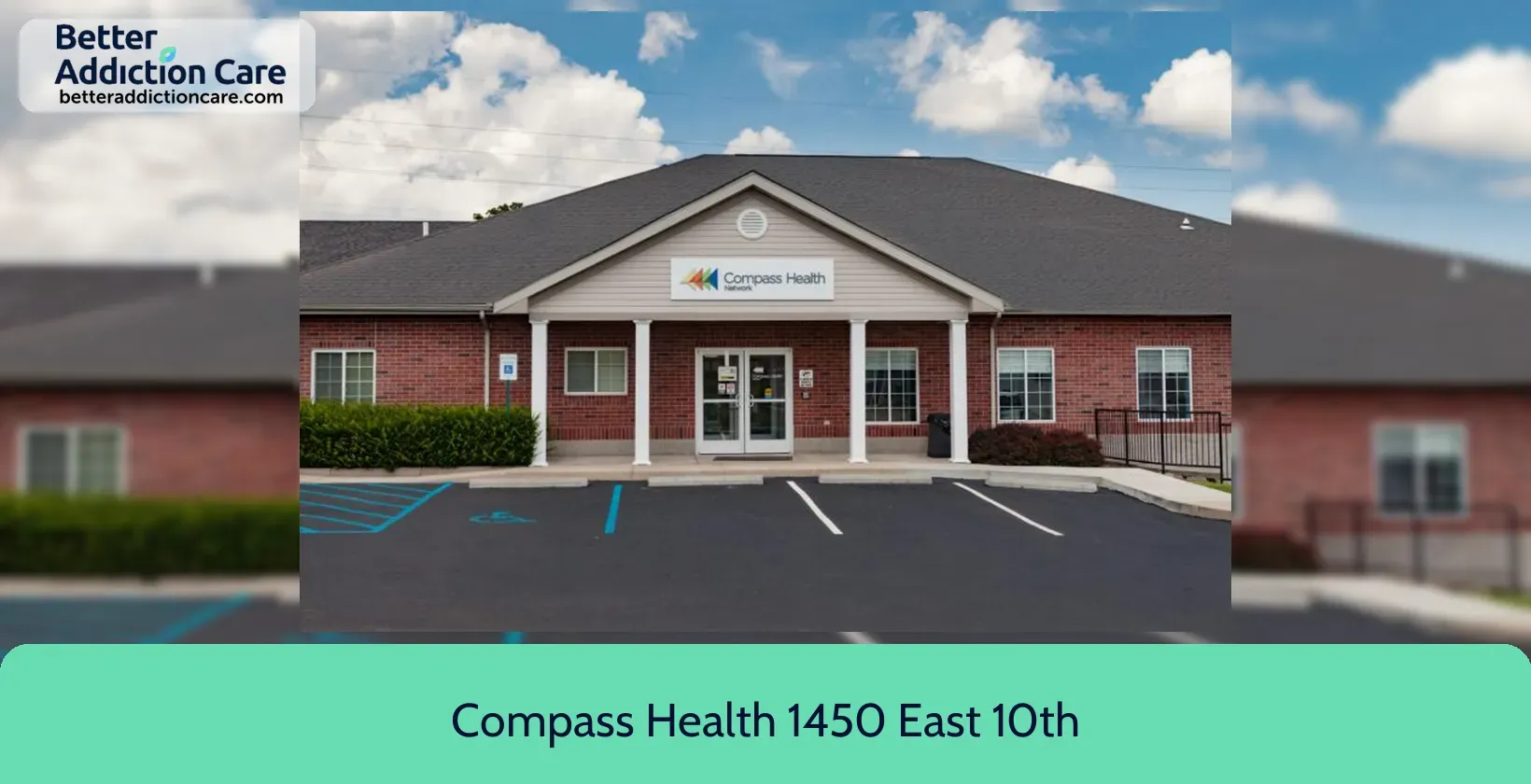
6.62
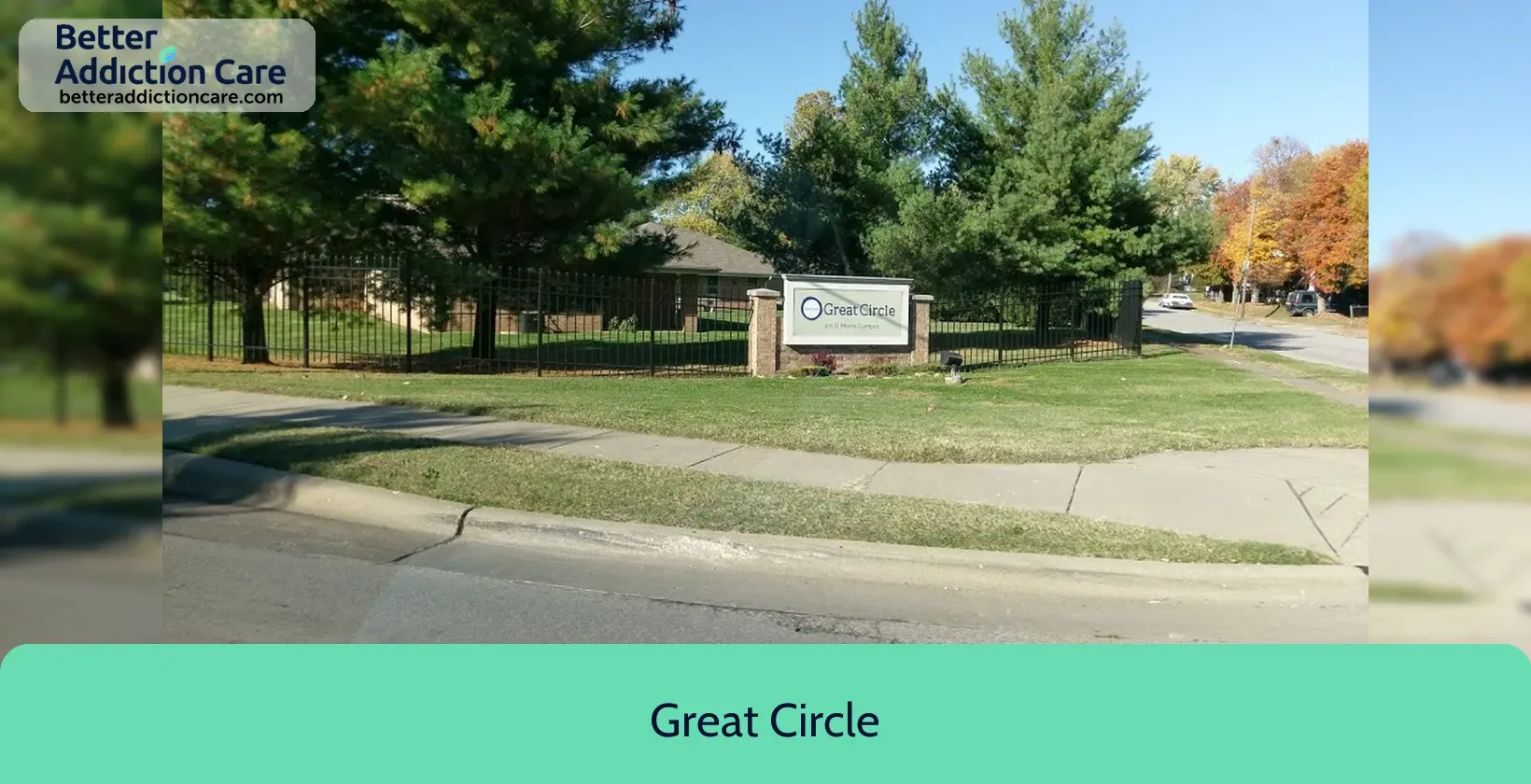
6.65
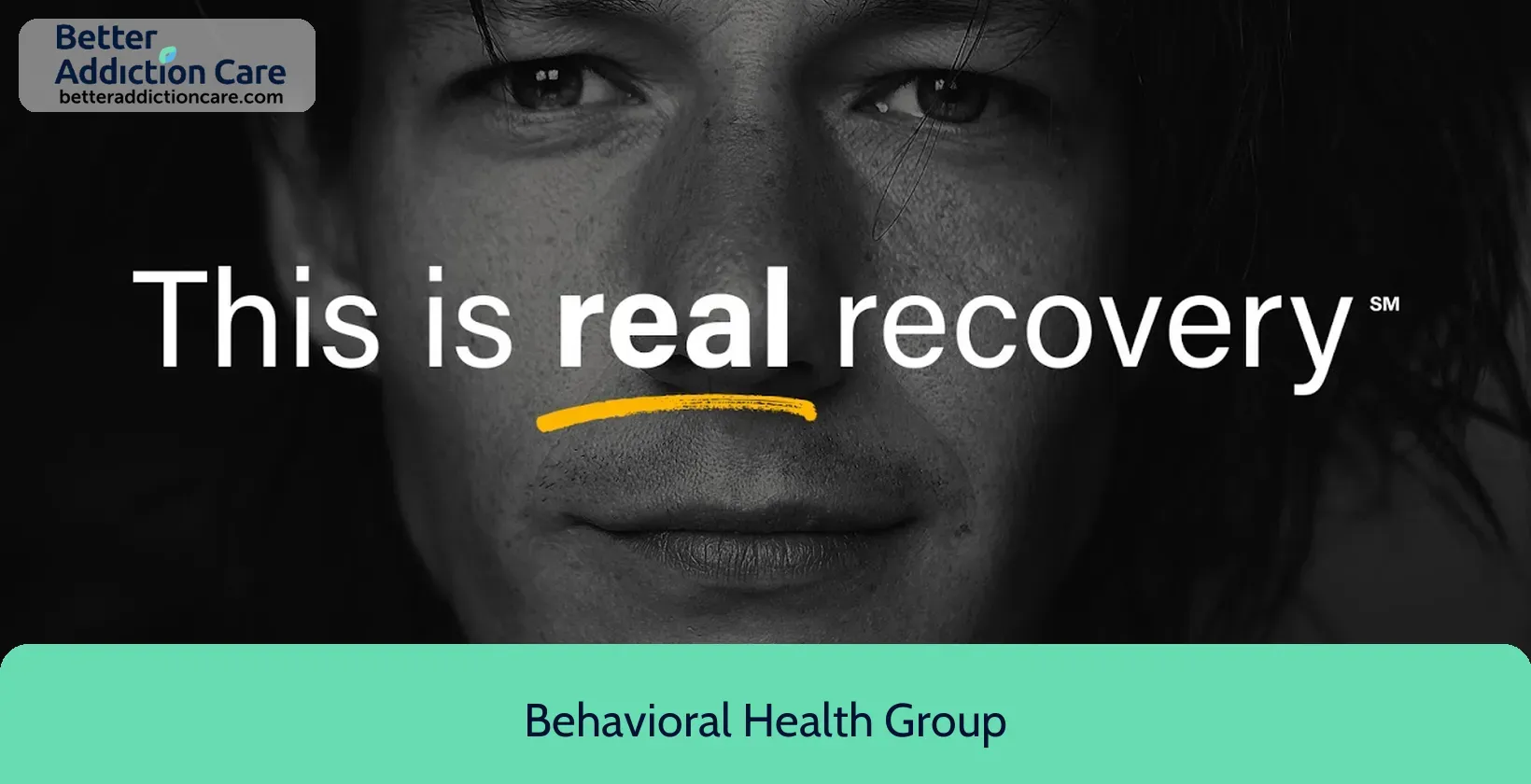
7.46
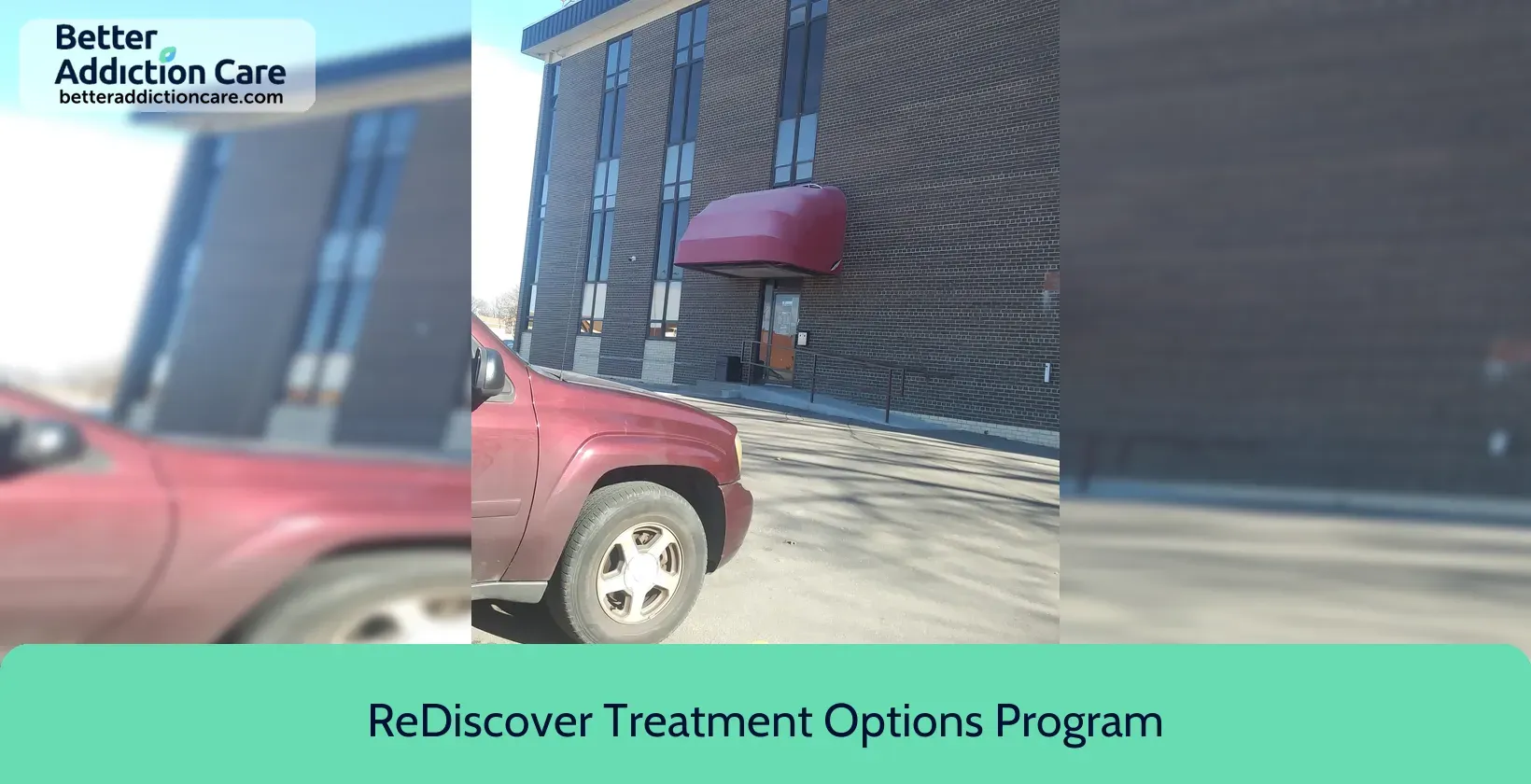
7.77
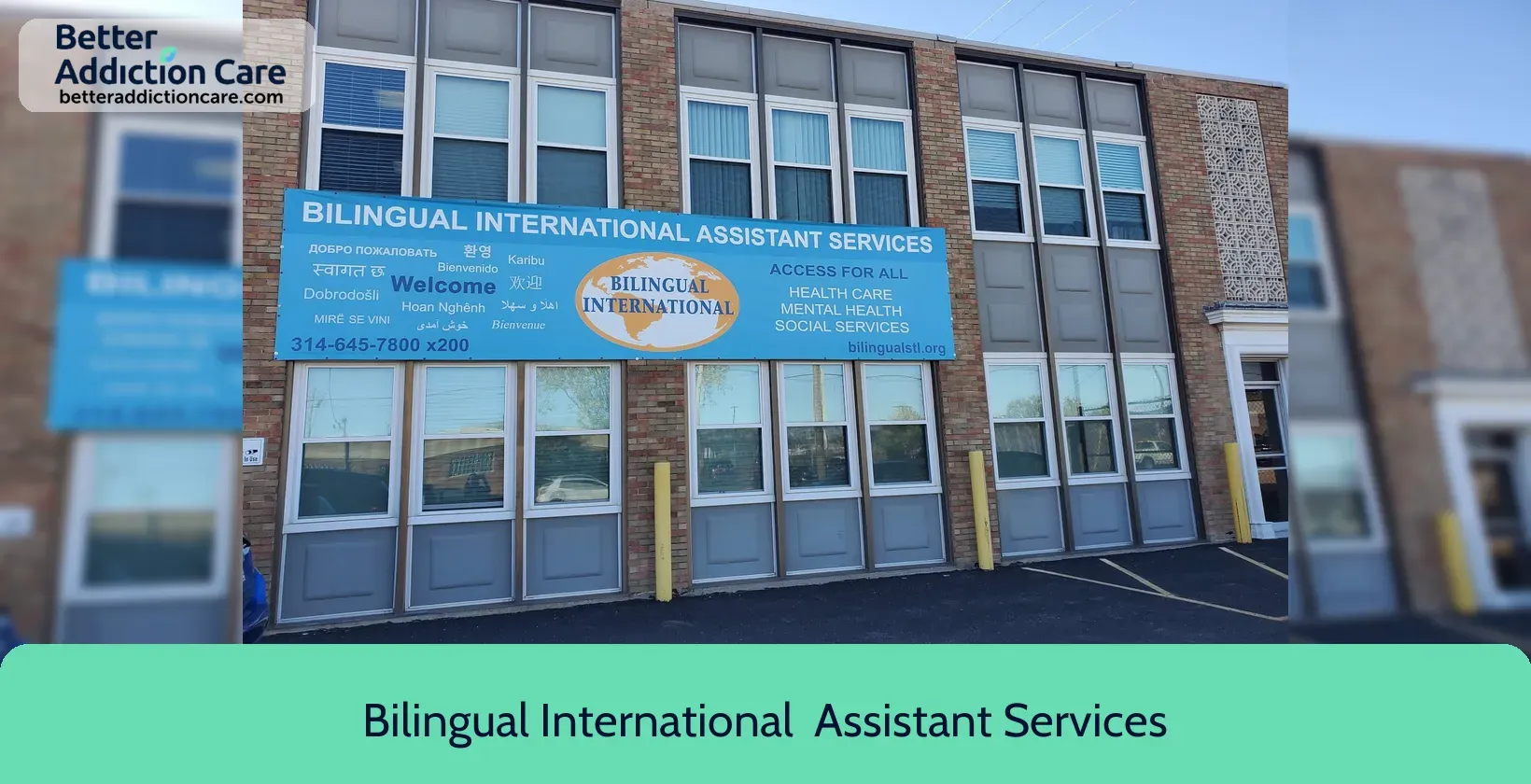
6.71
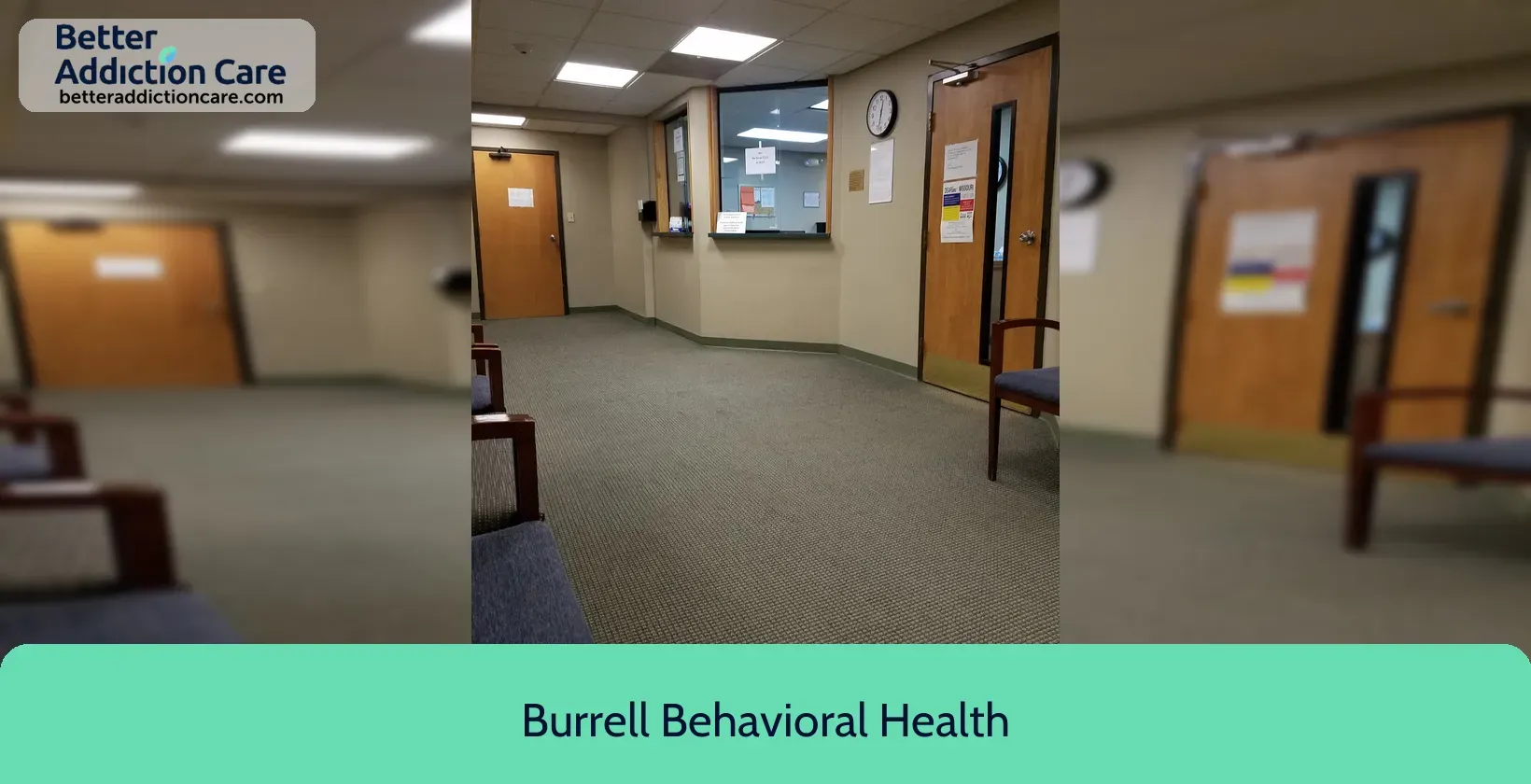
7.39
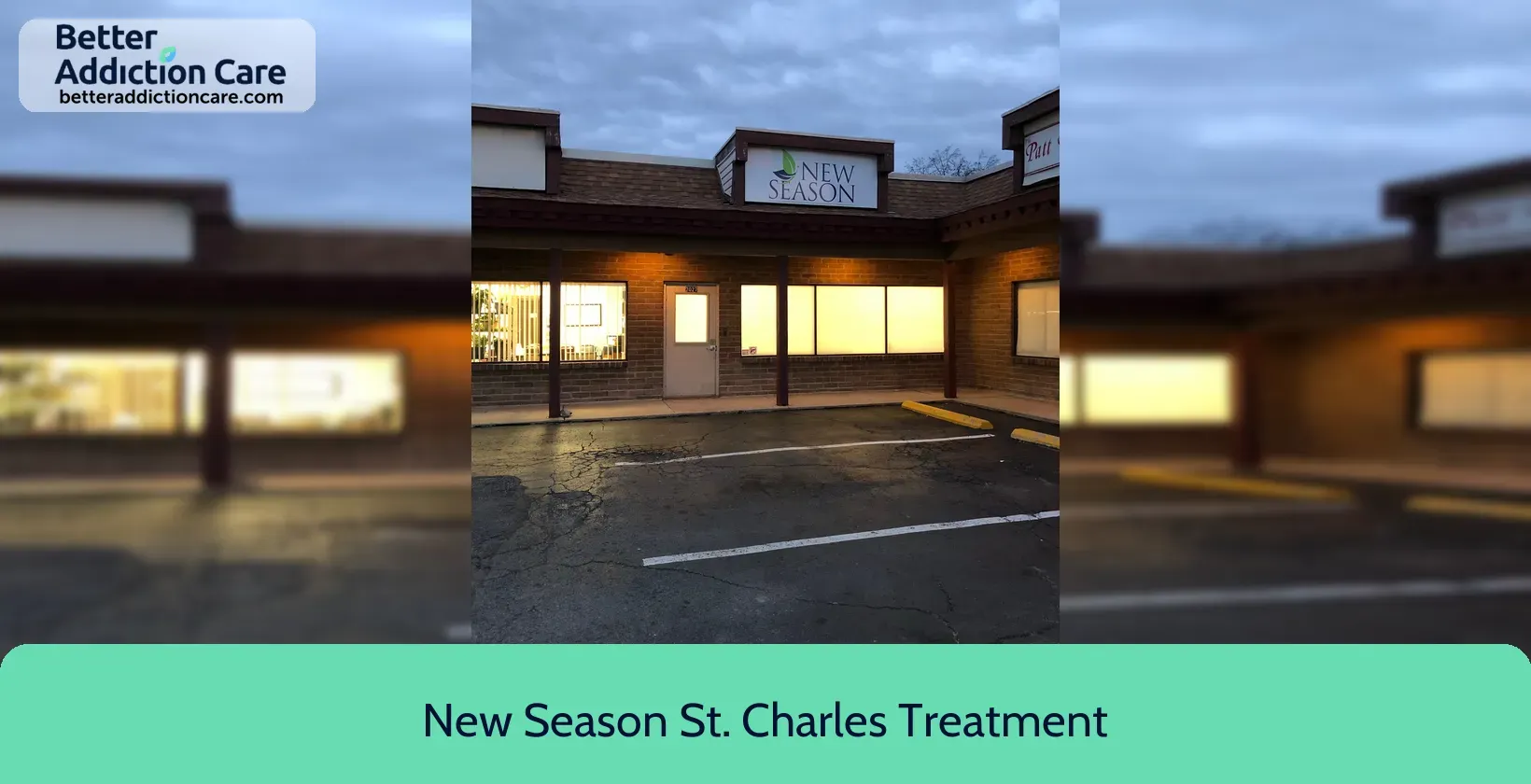
7.23
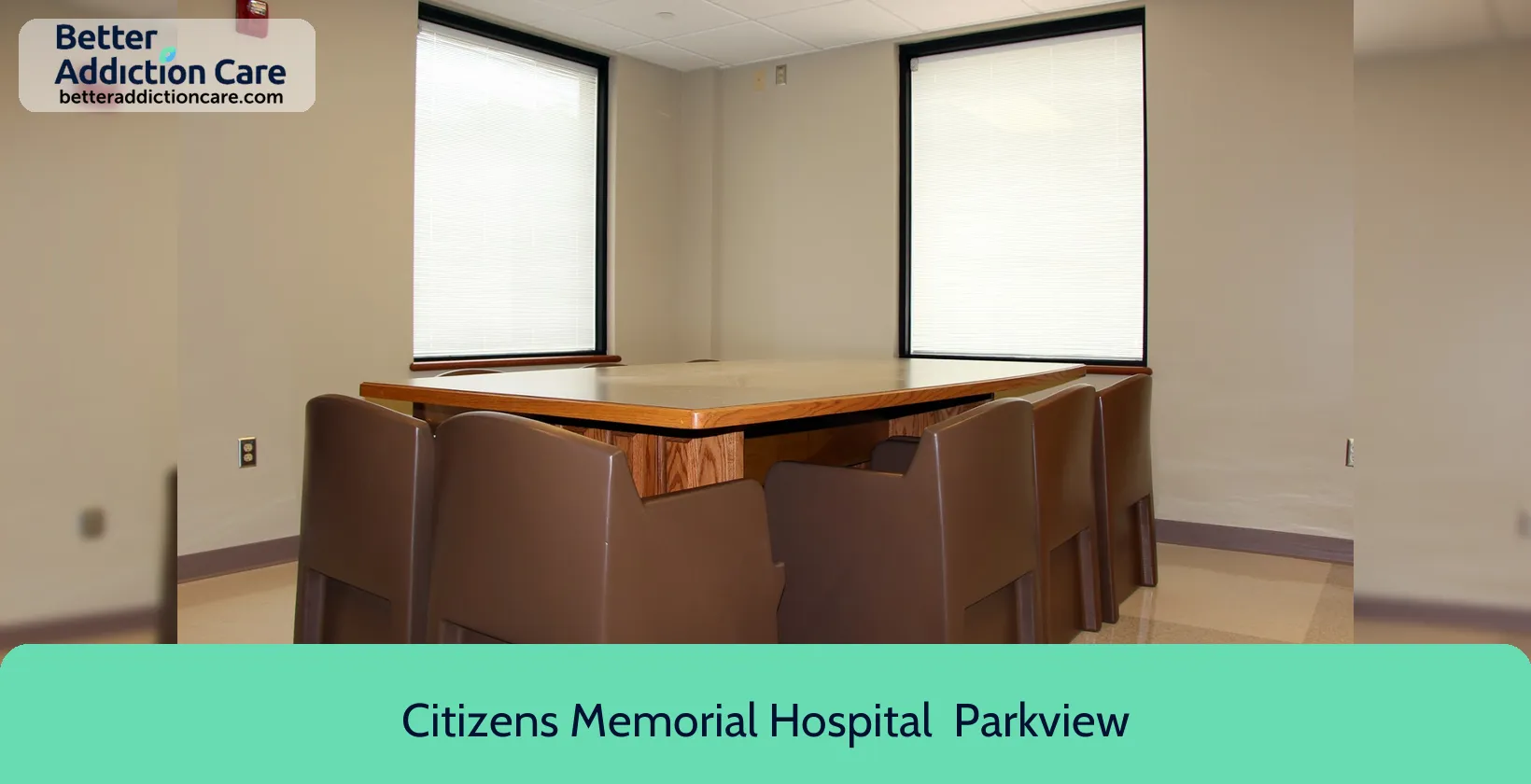
6.71
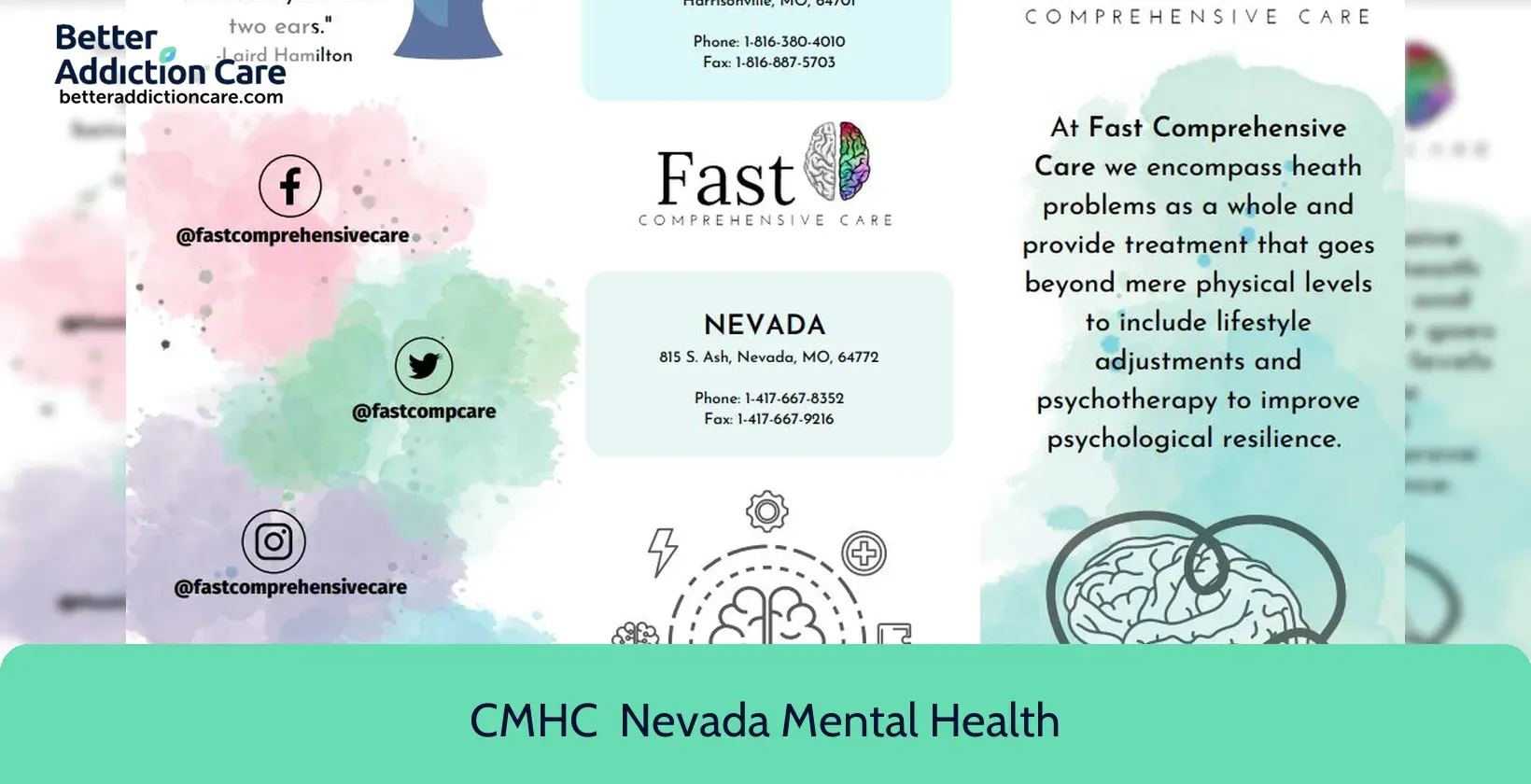
7.60

7.23
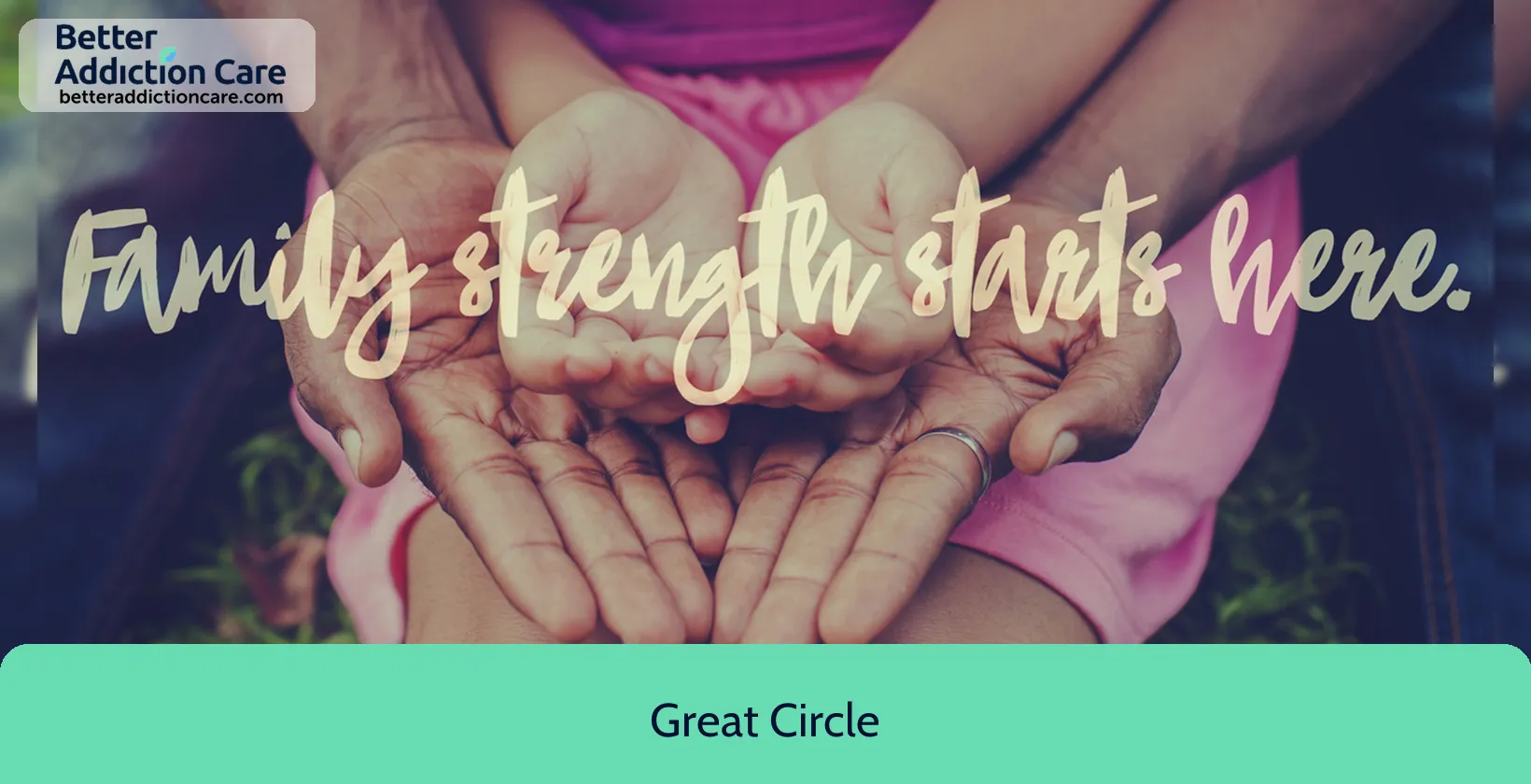
6.65
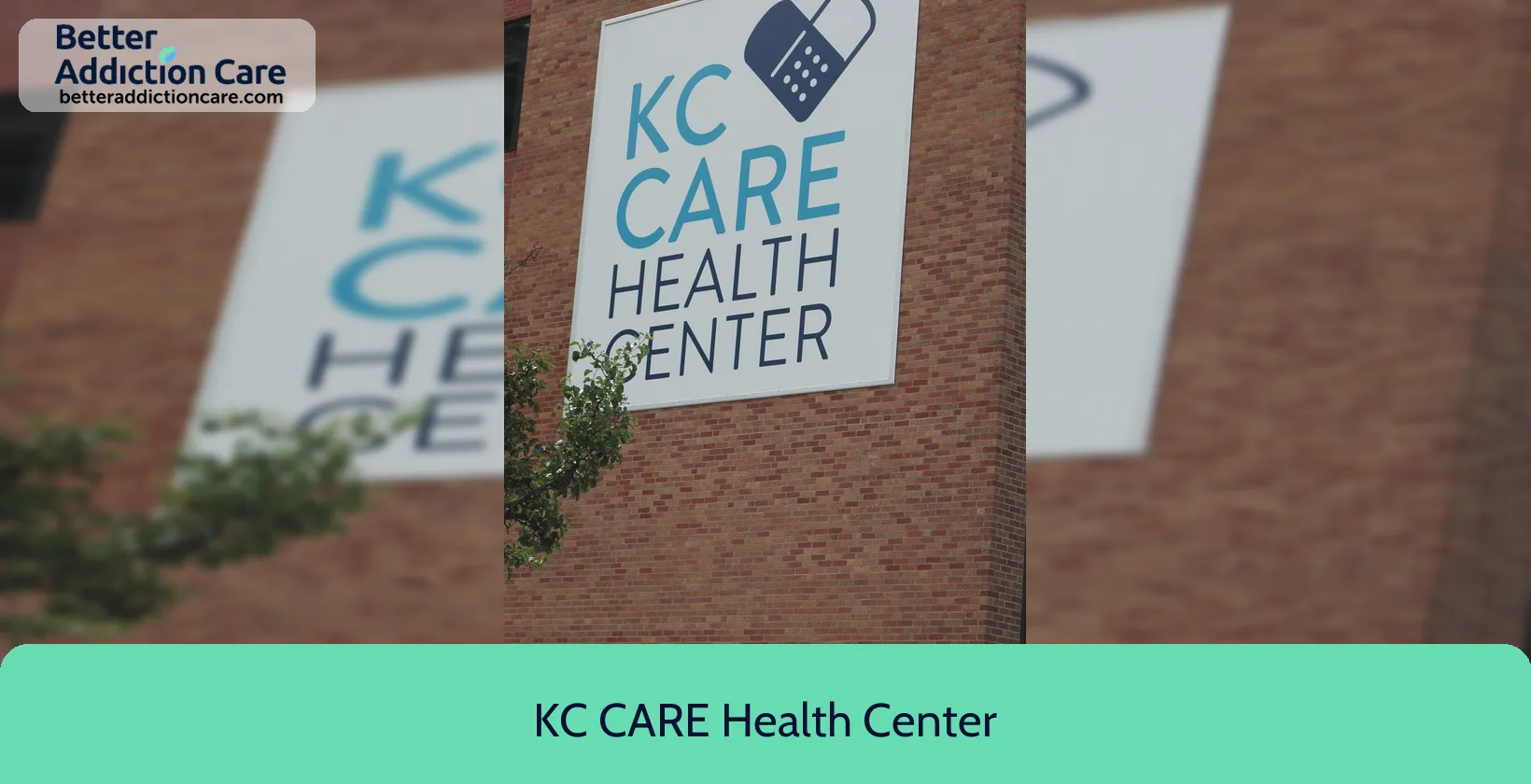
7.17
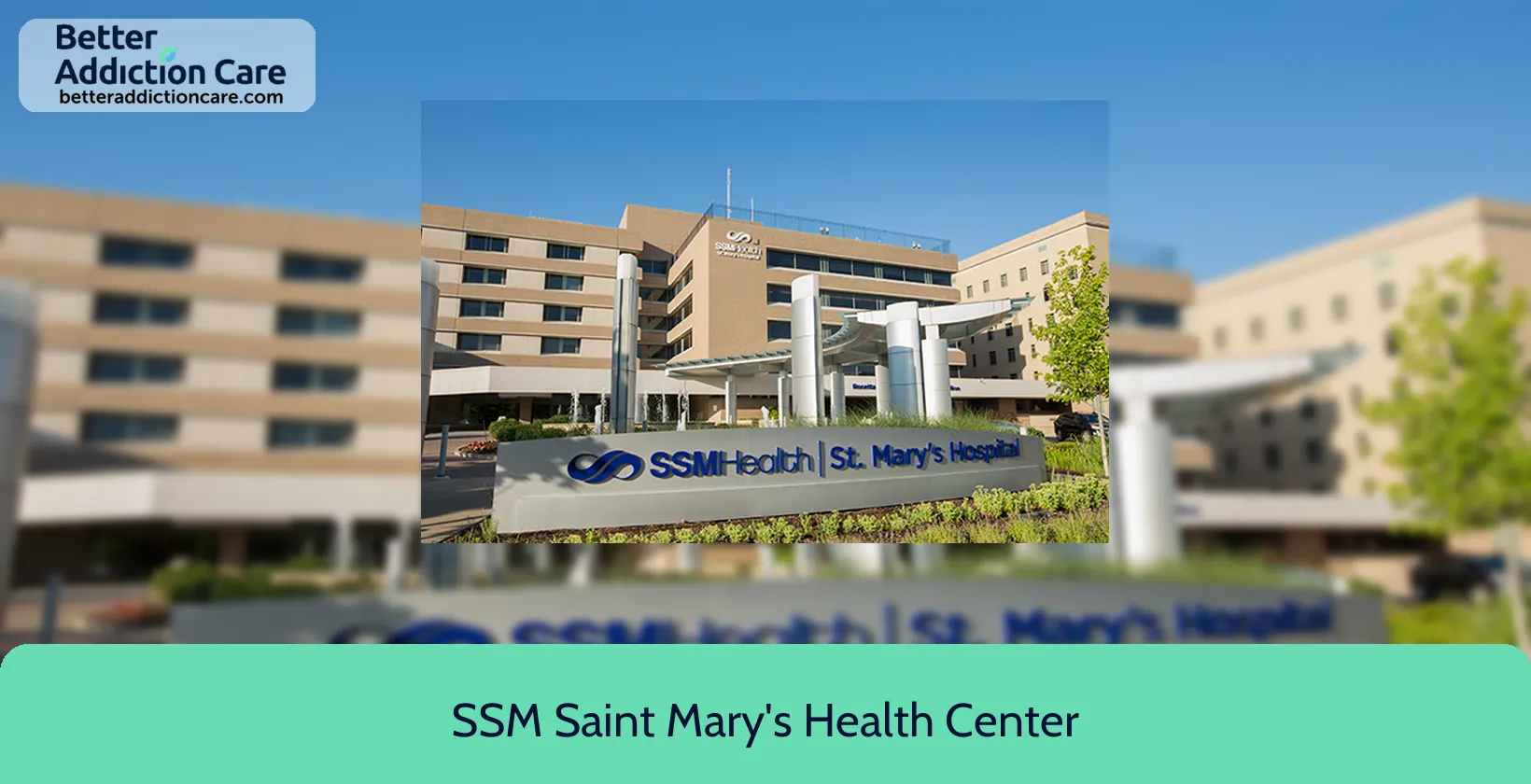
6.71
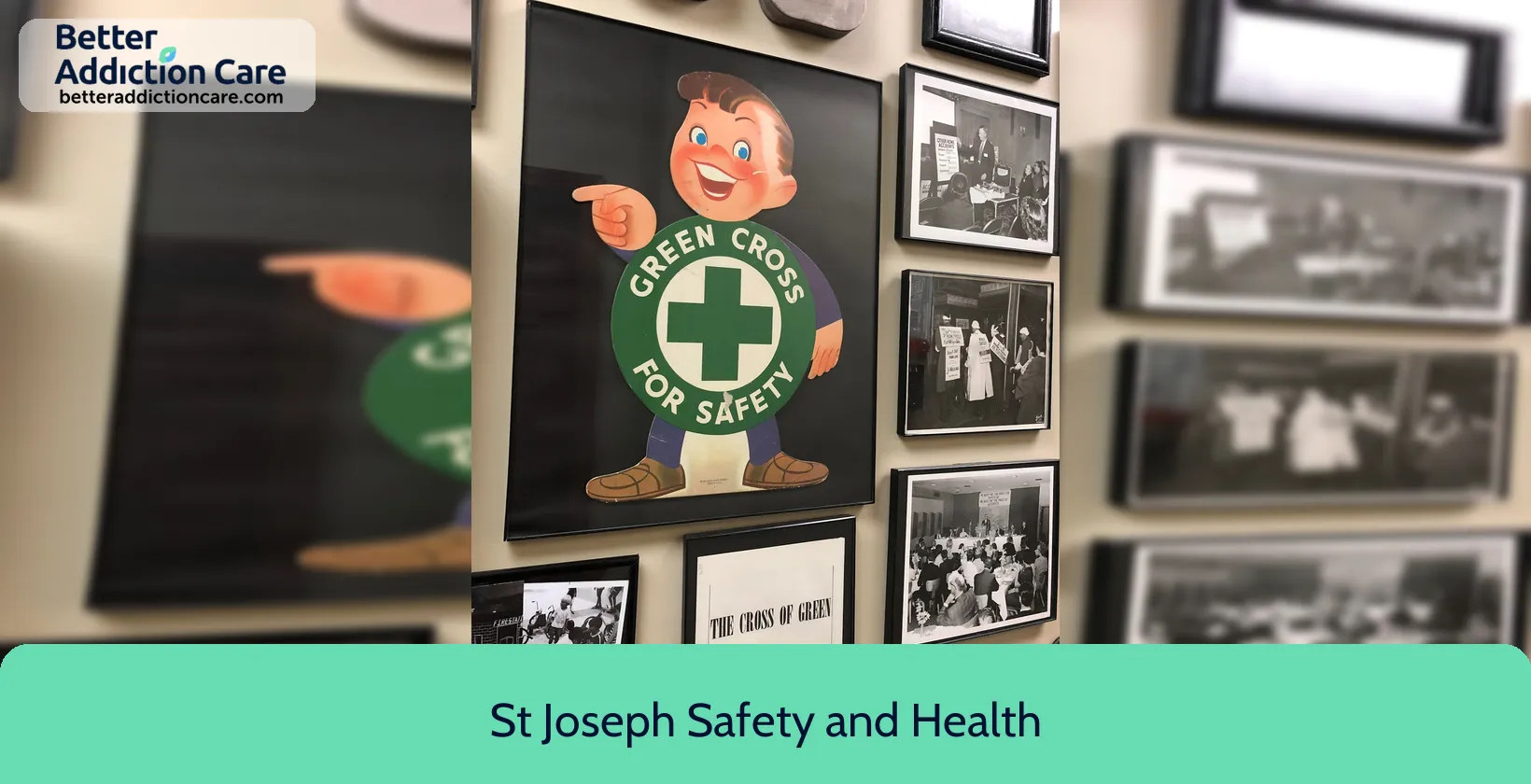
6.65
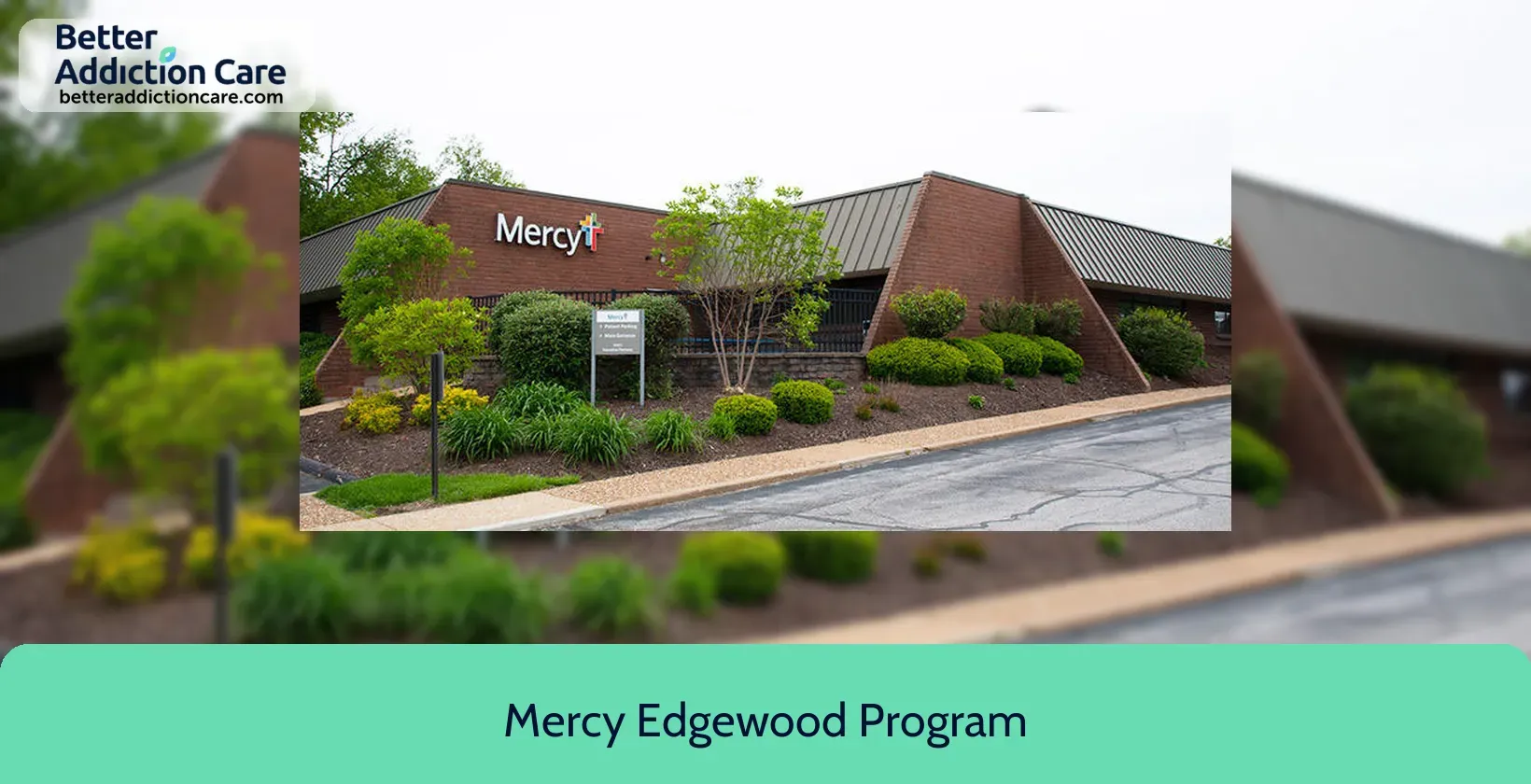
6.82

6.78
Substance abuse and Mental Health facilities Report for Missouri
29th
Cheapest To Most Expensive State Rank
293
Substance Abuse Facilities
19,996
Number of Patients Annually
17,698
Annual Enrollments
$30M
Spent on Outpatient Services (Million)
$1,710.00
Avg Outpatient Rehab Cost
1,956
Residential Admissions
$111M
Spent on Residential Treatment (Million)
$56,782.00
Residential Rehab Pay (Up To)
342
Total Patients
8
Free Drug Rehab Facilities
Alcoholism, Drug Abuse, Mental Health, and Treatment in Missouri
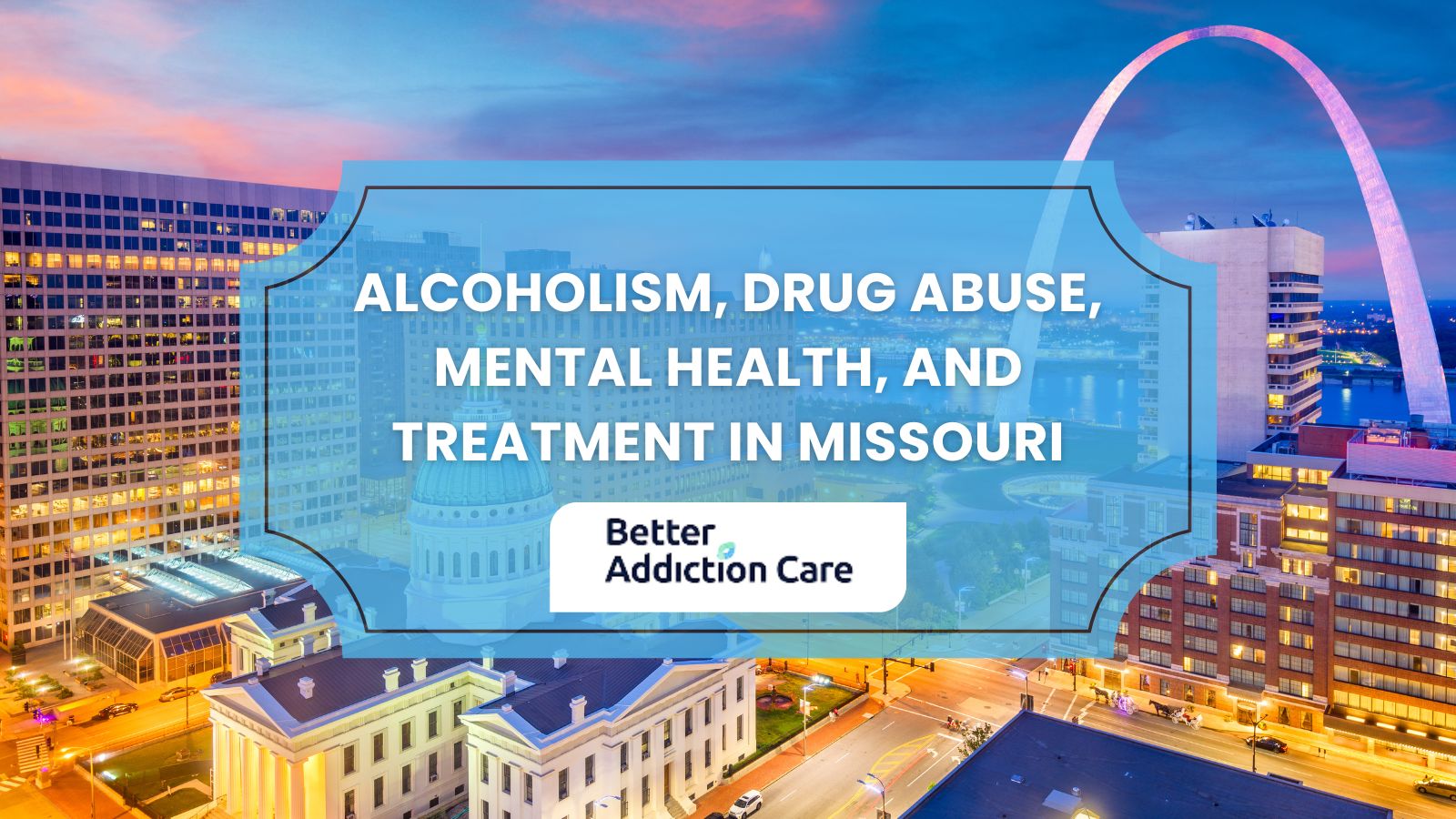
What are the main addictions people in Missouri suffer from?
The main addictions people in Missouri suffer from include:
- Alcohol Addiction: 536,000 individuals aged 12 or older, representing 10.33% of this age group have alcohol addiction. 308,000 (13.0%) of males aged 12 or older, while 228,000 (8.0%) of females aged 12 or older are affected from alcohol addiction.
- Tobacco Addiction: 1,406,000 individuals aged 12 or older, accounting for 27.08% of this population, are affected by tobacco use. 800,000 (33.8%) of males aged 12 or older, 606,000 (21.5%) of females aged 12 or older have tobacco addiction.
- Marijuana Addiction: 243,000 individuals aged 12 or older, representing 4.7% of this age group, used marijuana in the past year. 150,000 (6.3%) of males aged 12 or older, 93,000 (3.3%) of females aged 12 or older have been affected by marijuana addiction.
- Prescription Pain Reliever addiction: 193,000 individuals aged 12 or older, accounting for 3.71% of this population, have misused prescription pain relievers. 100,000 (4.2%) of males aged 12 or older, 93,000 (3.3%) of females aged 12 or older have pain reliever addiction.
- Cocaine Addiction: 75,000 individuals aged 12 or older, representing 1.45% of this age group, have used cocaine in the past month. 50,000 (2.1%) of males aged 12 or older, 25,000 (0.9%) of females aged 12 or older) have cocaine addiction.
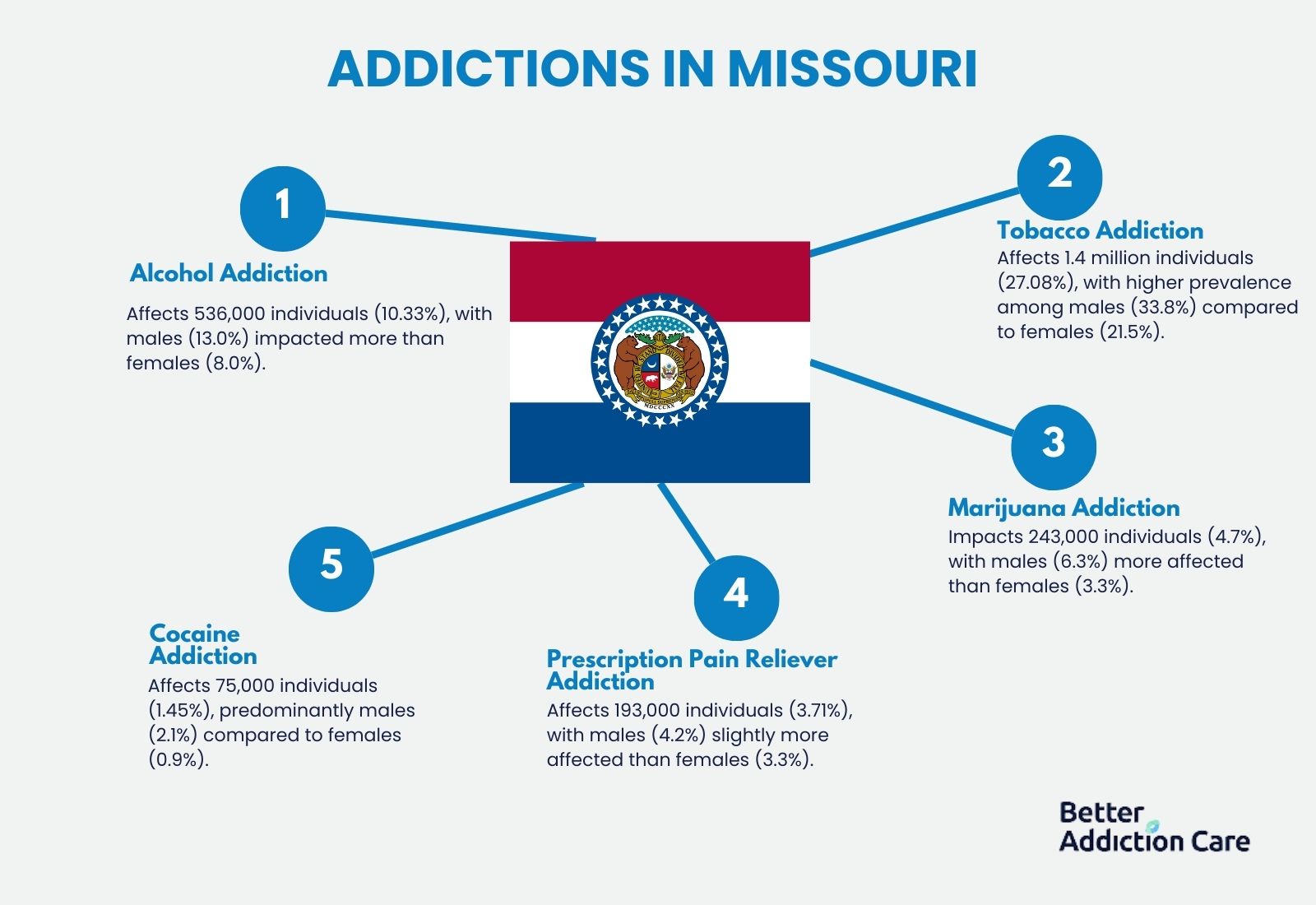
What is the cost of rehab centers in Missouri?
The cost of rehab centers in Missouri is $56,782, which equates to 86%. Inpatient programs, for example, average $42,500 but range from $5,000 to $80,000, depending on amenities and program length. Outpatient programs are generally less expensive, ranging from $2,000 to $10,000 for a 30-day program.
The cost of rehab centers in Missouri vary significantly depending on factors such as the type of addiction. For example, medical detoxification, often required for severe dependencies like alcohol or opioids, costs $139,988, which is 146% higher than the average. On the other hand, Outpatient methadone treatment for opioid addiction averages $7,397, 87% less than the rehab cost. These variations highlight how addiction type plays a significant role in determining expenses.
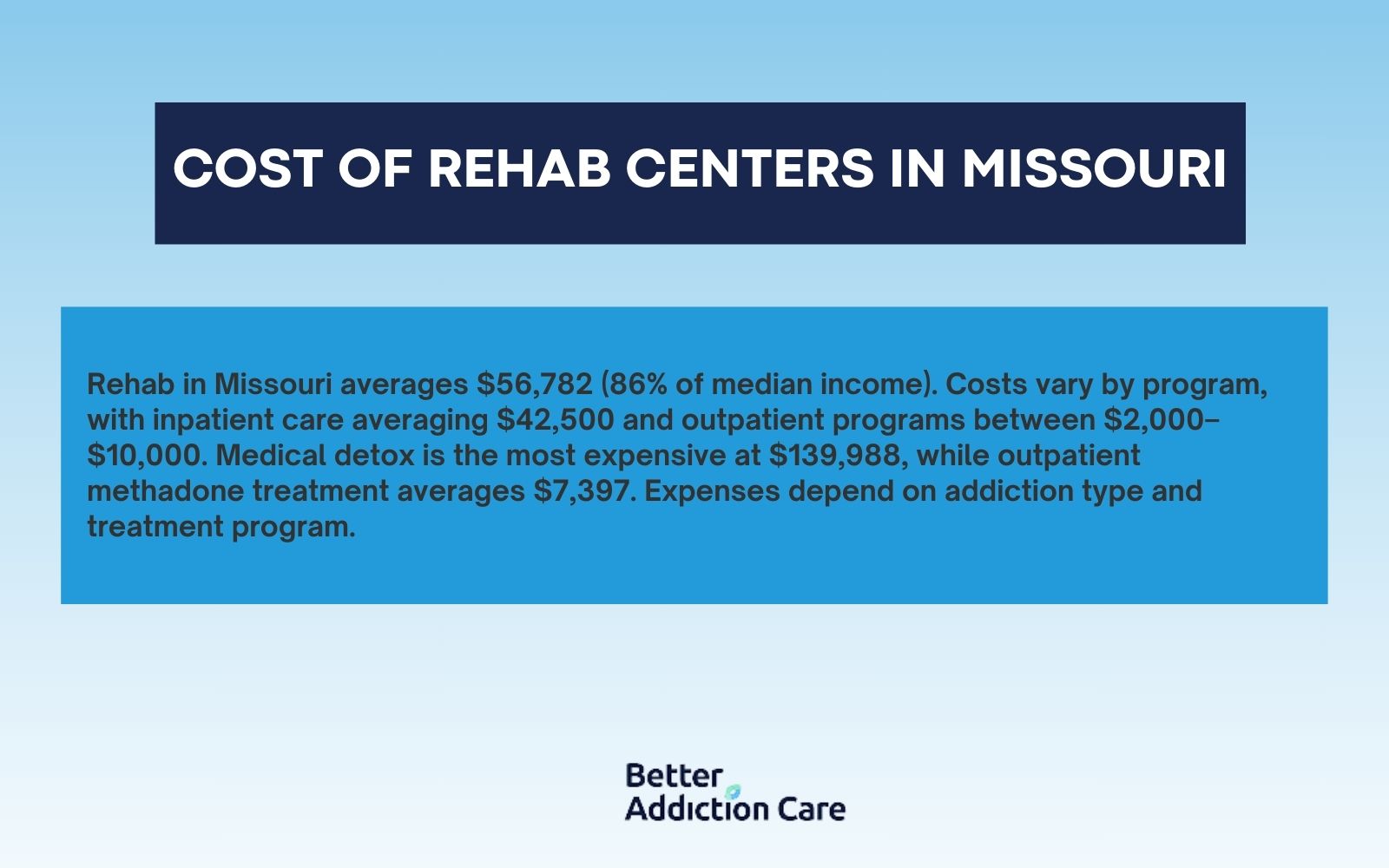
The median household income in Missouri is $65,920. The cost of rehab centers represents 86% of the annual income, indicating a substantial financial burden for many families. Costs of rehab centers in Missouri also depend on the type of rehab program. These differences underline the importance of both addiction type and rehab center type in shaping the overall cost of treatment.
What is the cost of LGBTQ+ rehab centers in Missouri?
The cost of LGBTQ+ rehab centers in Missouri is $65,000, which equates to 99%. Inpatient programs, for example, average range from $65,000 to $68,000, depending on amenities and program length. Outpatient programs are generally less expensive, ranging from $2,000 to $10,000 for a 30-day program. LGBTQ+ rehab centers offer specialized care tailored to the unique challenges faced by the LGBTQ+ community.
The cost of LGBTQ+ rehab centers in Missouri vary significantly depending on factors such as the type of addiction. For example, medical detoxification, often required for severe dependencies like alcohol or opioids, costs $139,988, which is 146% higher than the average. On the other hand, Outpatient methadone treatment for opioid addiction averages $7,397, 87% less than the LGBTQ+ rehab cost. These variations highlight how addiction type plays a significant role in determining expenses.
The median household income in Missouri is $65,920, the cost of LGBTQ+ rehab centers in Missouri represents 99% of the annual income, indicating a substantial financial burden for many families. Costs of LGBTQ+ rehab centers also depend on the type of rehab program. These differences underline the importance of both addiction type and rehab center type in shaping the overall cost of treatment.
What is the cost of Faith-Based rehab centers in Missouri?
The cost of Faith-Based rehab centers in Missouri is $55,782, which equates to 85%. Inpatient programs, for example, average $42,500 but range from $5,000 to $80,000, depending on amenities and program length. Outpatient programs are generally less expensive, ranging from $2,000 to $10,000 for a 30-day program.
The cost of Faith-Based rehab centers in Missouri vary significantly depending on factors such as the type of addiction. For example, medical detoxification, often required for severe dependencies like alcohol or opioids, costs $139,988, which is 146% higher than the average. On the other hand, Outpatient methadone treatment for opioid addiction averages $7,397, 87% less than the Faith-Based rehab cost. These variations highlight how addiction type plays a significant role in determining expenses.
The median household income in Missouri is $65,920, the average cost of Faith-Based rehab centers in Missouri represents 85% of the annual income, indicating a substantial financial burden for many families. Costs of Faith-Based rehab centers also depend on the type of rehab program. These differences underline the importance of both addiction type and rehab center type in shaping the overall cost of treatment.
What is the cost of Men-Only rehab centers in Missouri?
The cost of Men-Only rehab centers in Missouri is $53,900, which equates to 82%. Inpatient programs, for example, average $42,500 but range from $5,000 to $80,000, depending on amenities and program length. Outpatient programs are generally less expensive, ranging from $2,000 to $10,000 for a 30-day program.
The cost of Men-Only rehab centers in Missouri vary significantly depending on factors such as the type of addiction. For example, medical detoxification, often required for severe dependencies like alcohol or opioids, costs $139,988, which is 146% higher than the average. On the other hand, Outpatient methadone treatment for opioid addiction averages $7,397, 87% less than the Men-Only rehab cost. These variations highlight how addiction type plays a significant role in determining expenses.
The median household income in Missouri, which is $65,920, the average of Men-Only rehab centers in Missouri represents 82% of the annual income, indicating a substantial financial burden for many families. Costs of Men-Only rehab centers also depend on the type of rehab program. These differences underline the importance of both addiction type and rehab center type in shaping the overall cost of treatment.
What is the cost of Women-Only rehab centers in Missouri?
The cost of Women-Only rehab centers in Missouri is $52,934, which equates to 80%. Inpatient programs, for example, average $42,500 but range from $5,000 to $80,000, depending on amenities and program length. Outpatient programs are generally less expensive, ranging from $2,000 to $10,000 for a 30-day program.
The cost of Women-Only rehab centers in Missouri vary significantly depending on factors such as the type of addiction. For example, medical detoxification, often required for severe dependencies like alcohol or opioids, costs $139,988, which is 146% higher than the average. On the other hand, Outpatient methadone treatment for opioid addiction averages $7,397, 87% less than the Women-Only rehab cost. These variations highlight how addiction type plays a significant role in determining expenses.
The median household income in Missouri, which is $65,920, the cost of Women-Only rehab centers in Missouri represents 80% of the annual income, indicating a substantial financial burden for many families. Costs of Women-Only also depend on the type of rehab program. These differences underline the importance of both addiction type and rehab center type in shaping the overall cost of treatment.
What is the cost of Teen rehab centers in Missouri?
The cost of Teen rehab centers in Missouri is $54, 380, which equates to 82%. Inpatient programs, for example, average $42,500 but range from $5,000 to $80,000, depending on amenities and program length. Outpatient programs are generally less expensive, ranging from $2,000 to $10,000 for a 30-day program.
The cost of Teen rehab centers in Missouri vary significantly depending on factors such as the type of addiction. For example, medical detoxification, often required for severe dependencies like alcohol or opioids, costs $139,988, which is 146% higher than the average. On the other hand, Outpatient methadone treatment for opioid addiction averages $7,397, 87% less than the Teen rehab cost. These variations highlight how addiction type plays a significant role in determining expenses.
The median household income in Missouri, which is $65,920, the average cost of Teen rehab represents 82% of the annual income, indicating a substantial financial burden for many families. Costs of Teen Rehab also depend on the type of rehab program. These differences underline the importance of both addiction type and rehab center type in shaping the overall cost of treatment.
What is the cost of Young Adult rehab centers in Missouri?
The cost of Young Adult rehab centers in Missouri is $50,500, which equates to 77%. Inpatient programs, for example, average $42,500 but range from $5,000 to $80,000, depending on amenities and program length. Outpatient programs are generally less expensive, ranging from $2,000 to $10,000 for a 30-day program.
The cost of Young Adult rehab centers in Missouri vary significantly depending on factors such as the type of addiction. For example, medical detoxification, often required for severe dependencies like alcohol or opioids, costs $139,988, which is 146% higher than the average. On the other hand, outpatient methadone treatment for opioid addiction averages $7,397, 87% less than the Young Adult rehab cost. These variations highlight how addiction type plays a significant role in determining expenses.
The median household income in Missouri is $65,920, the average cost of Young Adult rehab represents 77% of the annual income, indicating a substantial financial burden for many families. Costs of Young Adults also depend on the type of rehab program. These differences underline the importance of both addiction type and rehab center type in shaping the overall cost of treatment.
What is the cost of Luxury Rehab centers in Missouri?
The cost of Luxury Rehab centers in Missouri is $65,000, which equates to 99%. In Missouri, luxury rehab centers offer upscale amenities and personalized treatment plans, with costs ranging from $30,000 to $100,000 for a 30-day program, representing a 53% to 76% increase compared to the Missouri's average rehab cost of $56,782.
The type of addiction significantly influences treatment expenses. For instance, medical detoxification for severe alcohol or opioid dependencies cost $139,988, which is 146% higher than the average rehab cost. Conversely, outpatient methadone treatment averages $7,397, 87% less than the standard rehab cost.
Missouri's median household income of $65,920, a 30-day stay at a luxury rehab center, costing between $30,000 and $100,000, consumes 45% to 152% of the annual household income, indicating a substantial financial commitment for most families.
Luxury rehab costs also vary based on the type of facility. Inpatient programs, offering comprehensive services and 24-hour care, tend to be more expensive than outpatient programs, which provide greater flexibility and are generally less costly. These variations underscore the importance of considering both the type of addiction and the rehab setting when evaluating treatment options.
What is the cost of Dual Diagnosis rehab centers in Missouri?
The cost of Dual Diagnosis rehab centers in Missouri is $51,980, which equates to 79%. Inpatient programs, for example, average $42,500 but range from $5,000 to $80,000, depending on amenities and program length. Outpatient programs are generally less expensive, ranging from $2,000 to $10,000 for a 30-day program.
The cost of Dual Diagnosis rehab centers in Missouri vary significantly depending on factors such as the type of addiction. For example, medical detoxification, often required for severe dependencies like alcohol or opioids, costs $139,988, which is 146% higher than the average. On the other hand, outpatient methadone treatment for opioid addiction averages $7,397, 87% less than the Dual Diagnosis rehab cost. These variations highlight how addiction type plays a significant role in determining expenses.
The median household income in Missouri is $65,920, the average cost of Dual Diagnosis rehab represents 78% of the annual income, indicating a substantial financial burden for many families. Costs of Dual Diagnosis rehab centers also depend on the type of rehab program.
Is drug abuse and addiction a problem in Missouri?
Yes, drug abuse and addiction is a problem in Missouri. Firstly, Missouri has experienced a substantial increase in drug overdose deaths, with 2,178 fatalities in 2024, marking a 2.3% rise from the previous year. Secondly, opioids, particularly fentanyl, are major contributors to these deaths, involved in over 70% of all drug overdose fatalities. Thirdly, drug overdoses have become the leading cause of death among adults aged 18-44 in Missouri.
Over the past decade, Missouri has seen a sharp increase in deaths involving synthetic opioids, with fatalities nearly seven times higher in 2024 compared to 2020. This escalating trend underscores the growing severity of drug abuse and addiction in Missouri.
Is alcoholism a problem in Missouri?
Yes, alcoholism is a problem in Missouri. Firstly, in 2024, 527,000 residents aged 12 and older, or 10.2% of this age group, had an alcohol addiction. Secondly, excessive alcohol consumption leads to 1,866 deaths and 55,681 years of potential life lost annually in the state of Missouri. Thirdly, in 2024, 19.2% of Missouri adults reported binge drinking, indicating a high prevalence of heavy alcohol use.
Over the years, the percentage of adults engaging in binge drinking has remained relatively stable, reflecting persistent challenges in addressing alcohol misuse. These statistics underscore the ongoing public health concern posed by alcohol abuse in Missouri.
Is Mental Health a problem in Missouri?
Yes, mental health is a problem in Missouri. Firstly, in 2024,1,149,000 adults aged 18 and older, representing 24.5% of the adult population, experienced some form of mental illness, with 284,000 (6.1%) suffering from serious mental illness. Secondly, the prevalence of poor mental health has increased over time, the percentage of Missourians reporting 14 or more poor mental health days per month rose from 11.7% in 2019 to 17.3% in 2024. Thirdly, suicide rates have escalated, with a 27% increase from 2017 to 2024, disproportionately affecting males and certain racial groups.
These trends highlight the growing mental health challenges within the state of Missouri.
Can you travel to Missouri for rehab?
Yes, traveling to Missouri for rehab is a viable option. The state of Missouri offers a unique combination of advantages that make it an attractive destination for recovery. Firstly, Missouri provides access to a wide range of rehab facilities, from affordable programs to luxury centers, ensuring options for various needs and budgets. Secondly, the state of Missouri’s central location in the U.S. makes it easily accessible from most regions, offering convenience for individuals traveling from out of Missouri. Thirdly, Missouri’s serene natural environment, with its parks, rivers, and rural landscapes, creates a peaceful setting conducive to healing and self-reflection. These factors, combined with Missouri's commitment to evidence-based and holistic treatment approaches, make Missouri an excellent choice for those seeking effective and supportive rehab.
Can addiction be treated in Missouri?
Yes, addiction can be treated in Missouri. The state of Missouri offers a comprehensive network of treatment facilities, including outpatient and inpatient programs, detox centers, and specialized rehab services tailored to various types of substance addiction. Missouri also provides access to evidence-based treatments, such as medication-assisted therapy (MAT) for opioid addiction, which has proven highly effective in supporting long-term recovery.
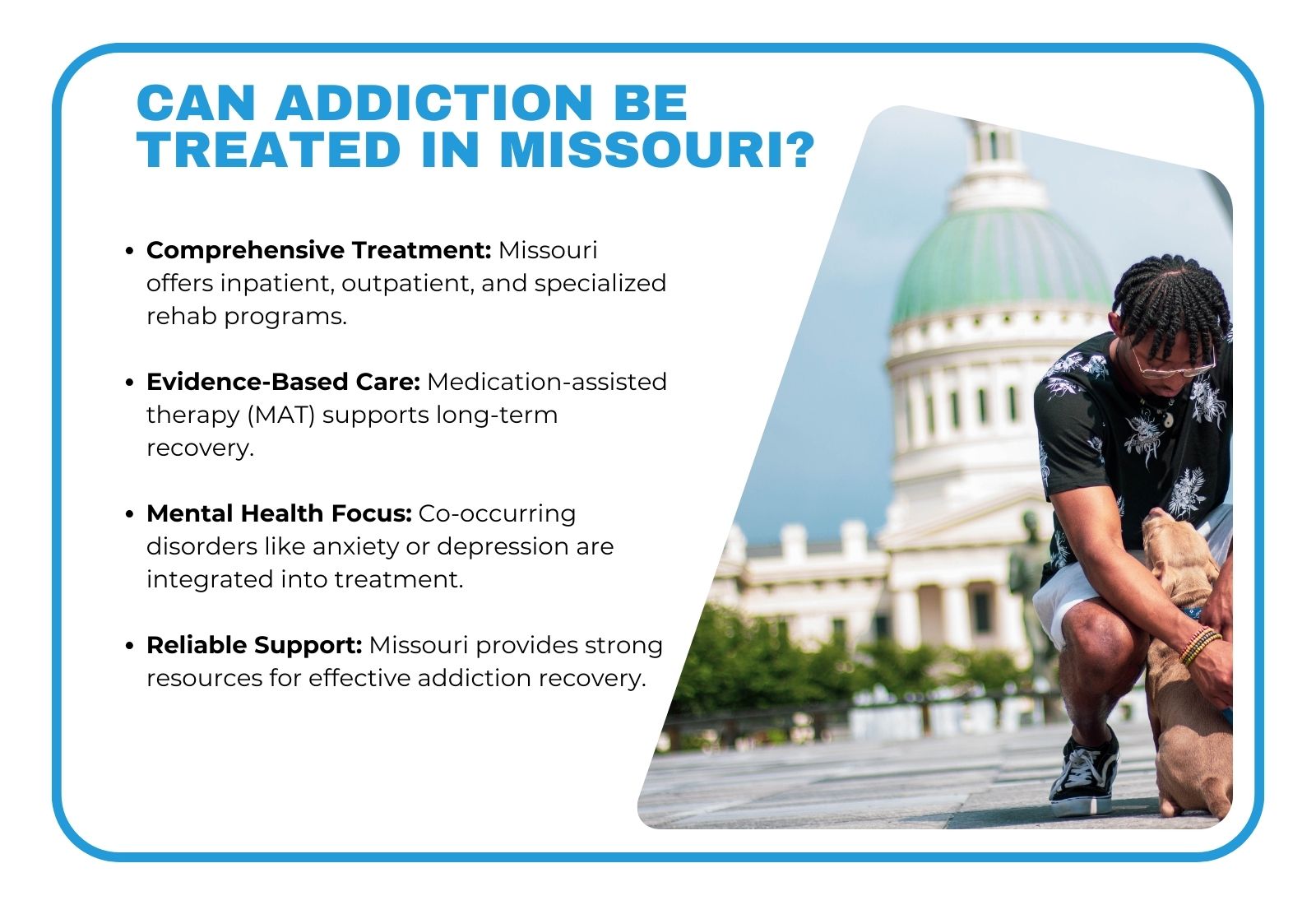
The state of Missouri prioritizes mental health integration, ensuring that co-occurring disorders like anxiety or depression are addressed alongside addiction, improving overall treatment outcomes. These resources make Missouri a reliable option for individuals seeking recovery from addiction.
What is the state of Missouri?
The state of Missouri is in the central United States, shares borders with eight states: Iowa to the north; Illinois, Kentucky, and Tennessee to the east, across the Mississippi River; Arkansas to the south; and Oklahoma, Kansas, and Nebraska to the west. As of July 1, 2024, Missouri's population was 6,196,156, with 50.7% female and 49.3% male. Economically, Missouri's gross domestic product (GDP) accounted for 1.5% of the U.S. economy in the third quarter of 2024, ranking it 22nd among states and Washington, D.C.
The state of Missouri's unemployment rate was 3.2% in November 2024, slightly lower than the national average. However, 12.8% of Missouri's population lives below the poverty line, which is marginally higher than the national average of 12.5%.
These figures suggest that while Missouri maintains a diverse and sizable economy, it faces challenges related to income distribution and poverty.
What is the population of Missouri?
The population of Missouri is 6,196,156, with a gender distribution of 3,142,059 female (50.7% individuals) and 3,054,097 male (49.3% individuals), resulting in a ratio of 101 females to every 100 males. By age group, 22.3% of the population is under 18, totaling 1,381,350 individuals, with males comprising 49.5% (683,170) and females 50.5% (698,180) of this group. The working-age population (18-64 years) accounts for 61.6%, 3,819,740 individuals, split into 49% males (1,872,680) and 51% females (1,947,060). Those aged 65 and older make up 16.1% of the population, 995,066 individuals, with males representing 44.5% (442,306) and females 55.5% (552,760). These figures reveal a balanced gender ratio across most age groups but a higher proportion of females in older age brackets, reflecting longer female life expectancy.
What is the income of people from Missouri?
The income of people from Missouri is $36,754, per capita income. In Missouri, the median household income is $65,920. Income levels vary significantly across age groups, with householders under 25 years earning a median of $27,865, those aged 25 to 44 years earning $44,231, and those between 45 to 64 years earning $53,865. Householders aged 65 and older have a median income of $51,800. Gender disparities are also evident, as males in Missouri have a per capita income of $38,699, compared to $34,593 for females. These figures highlight variations in income across different age groups and between genders, reflecting broader economic dynamics within the state of Missouri.



